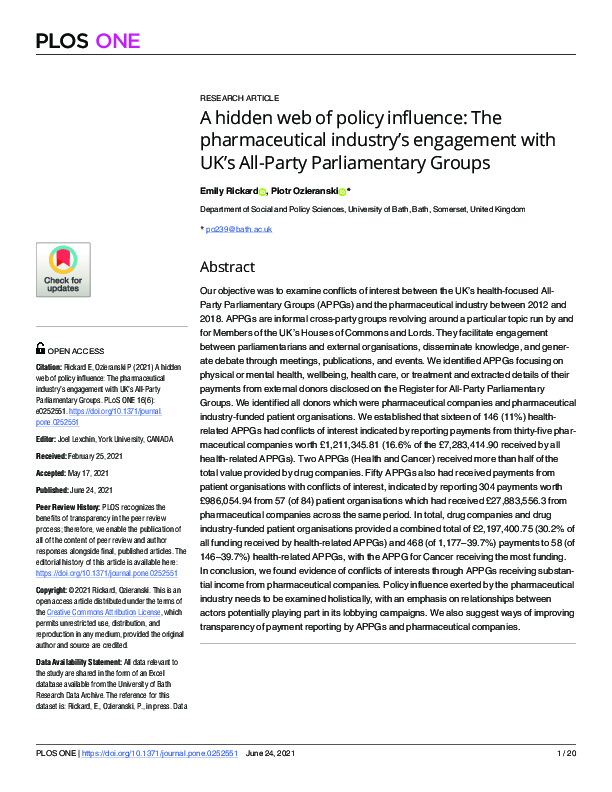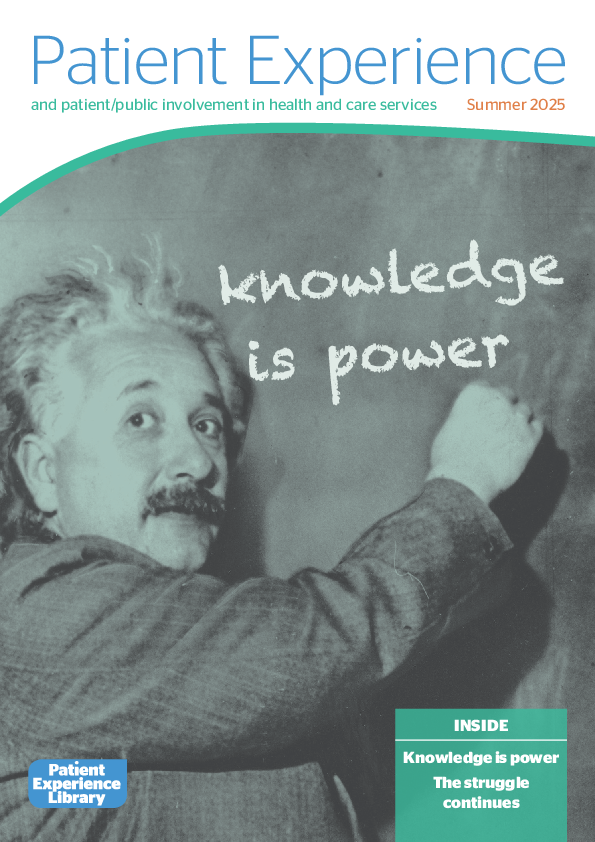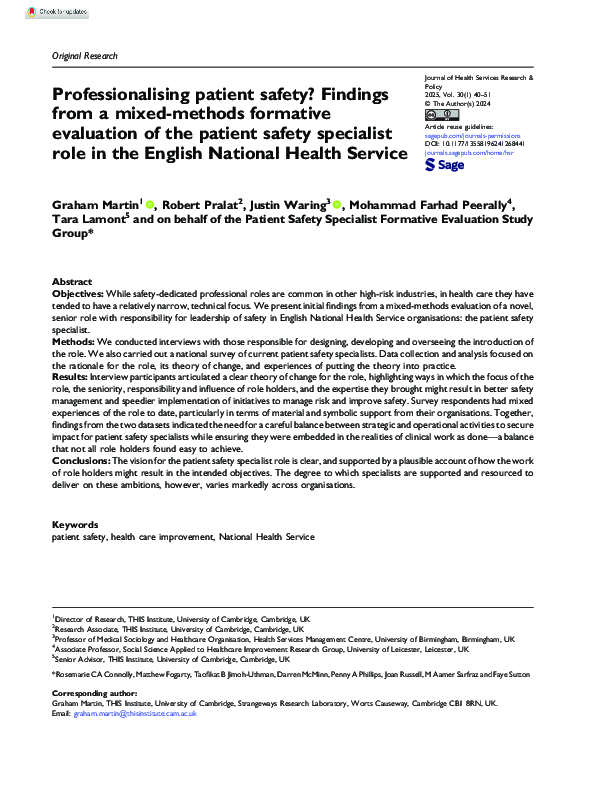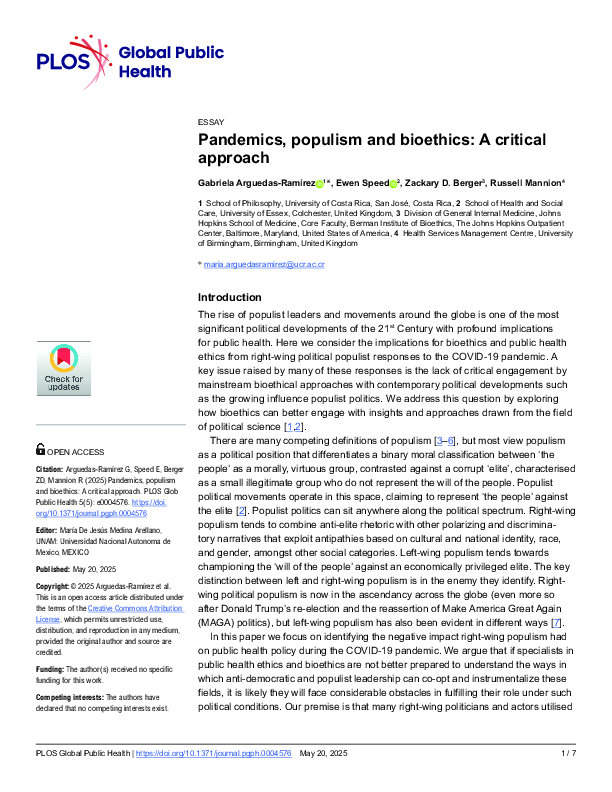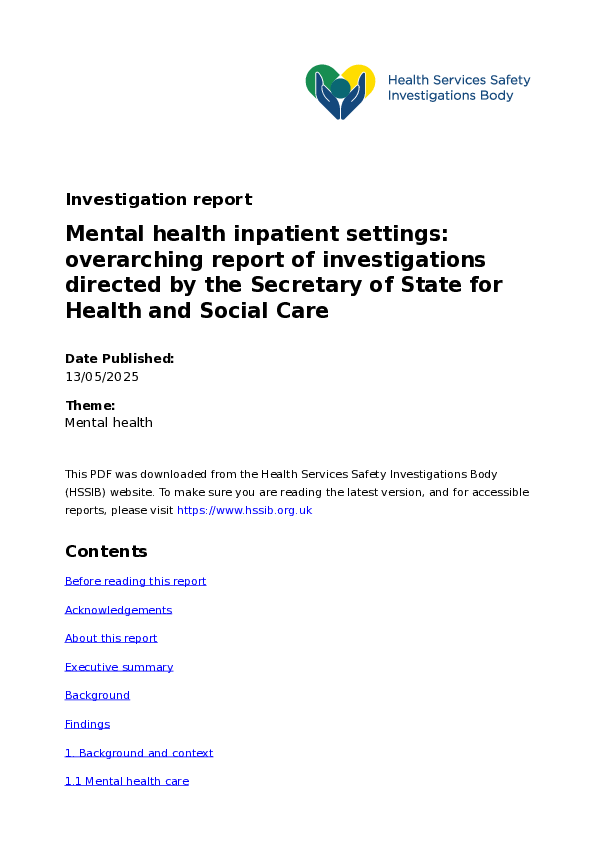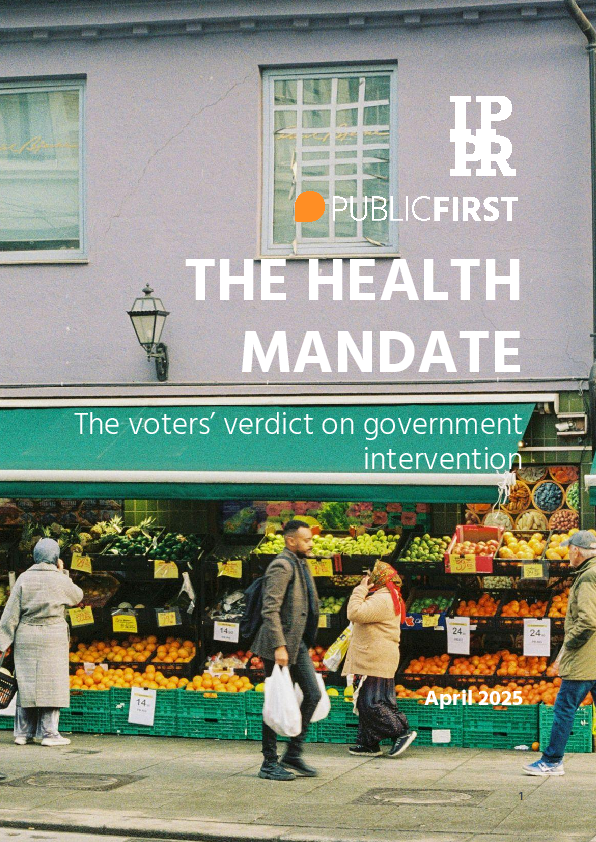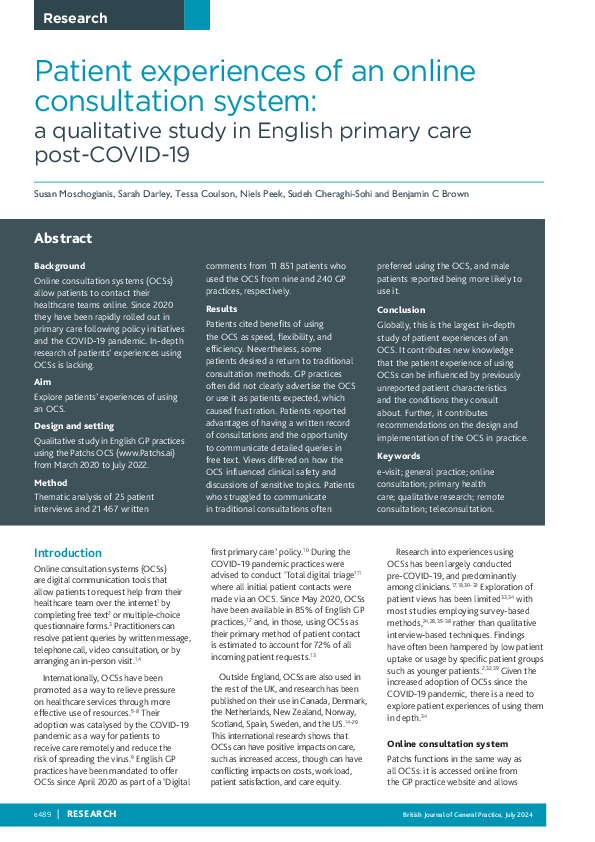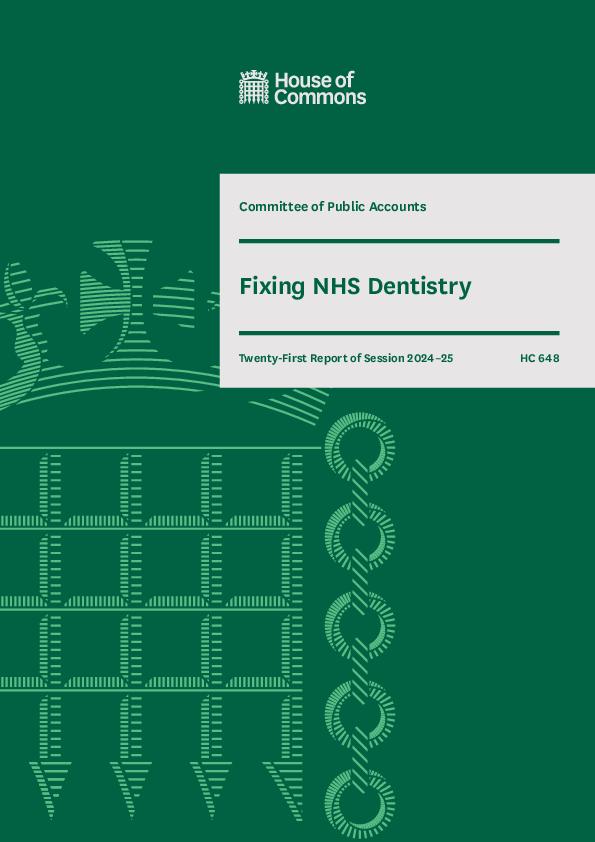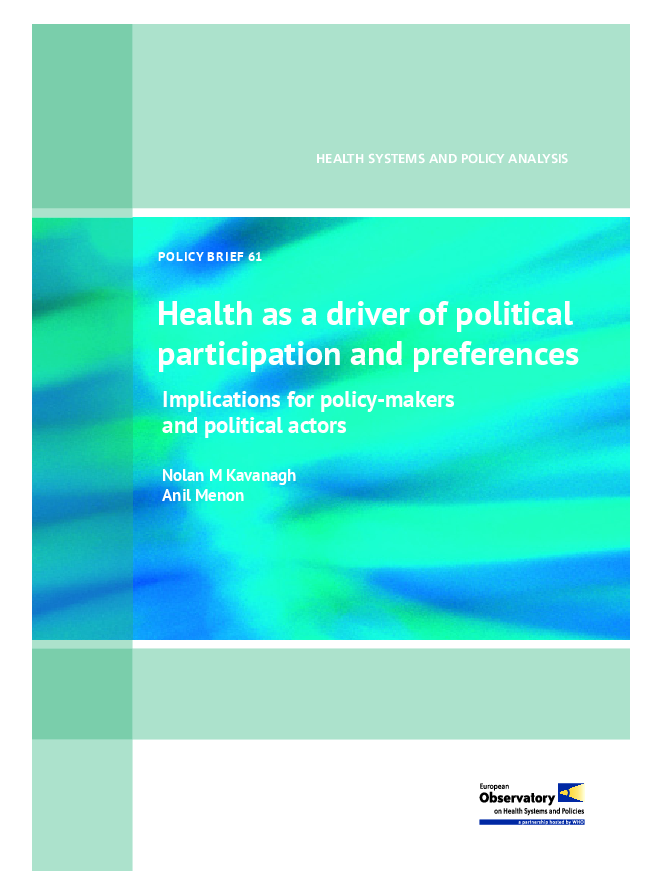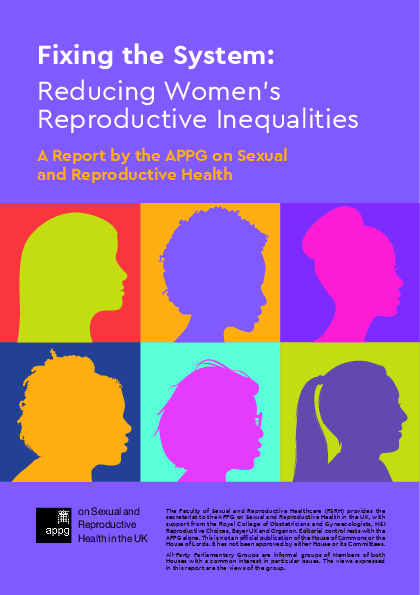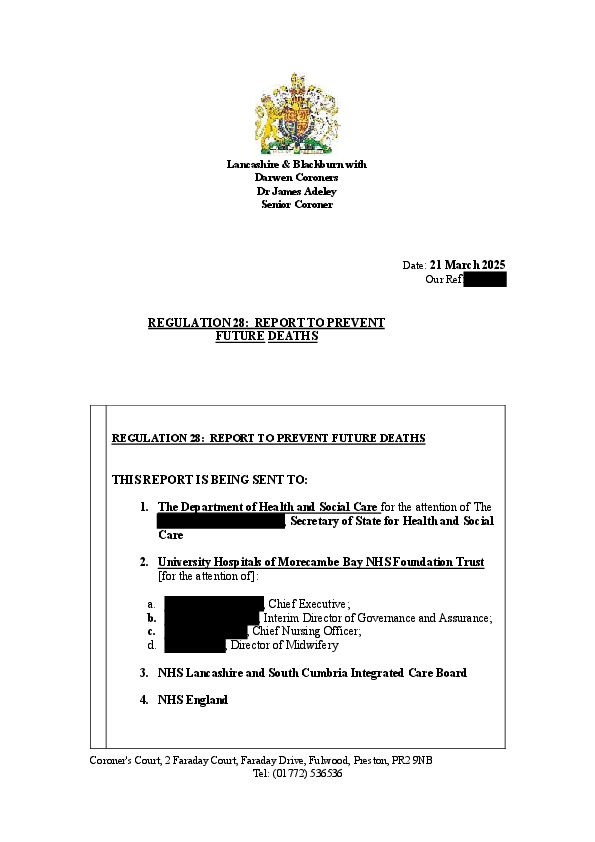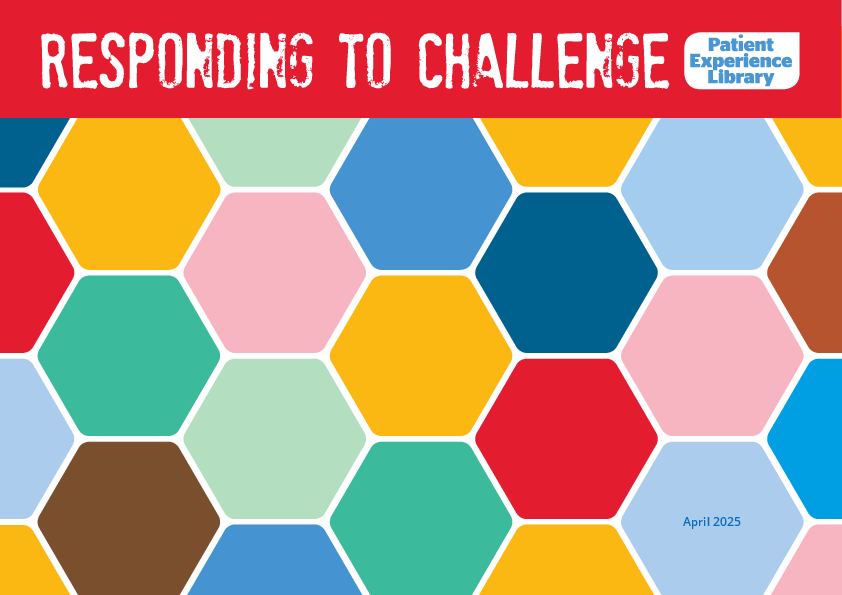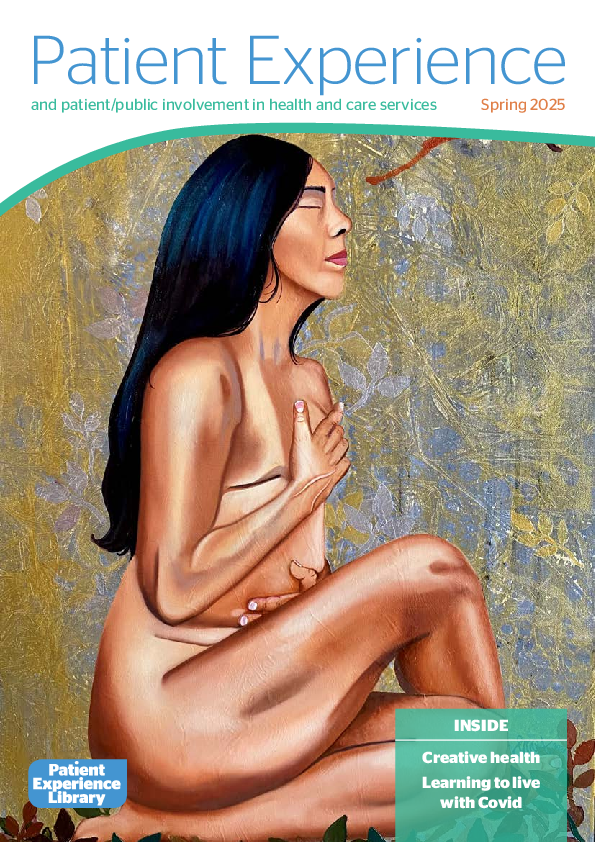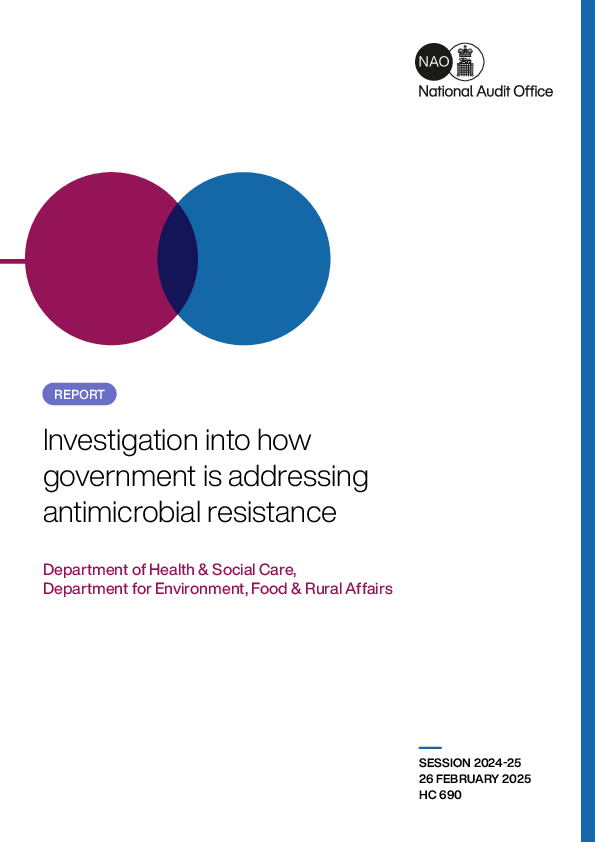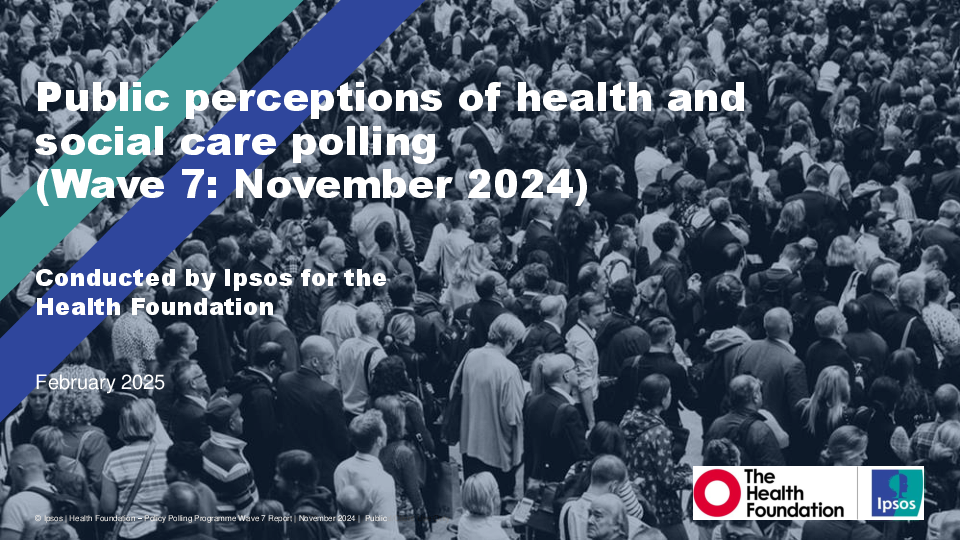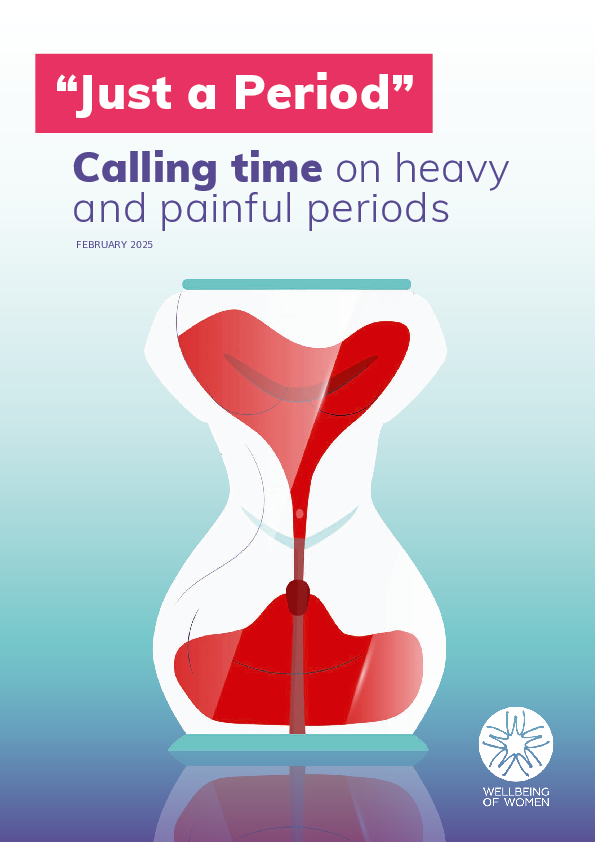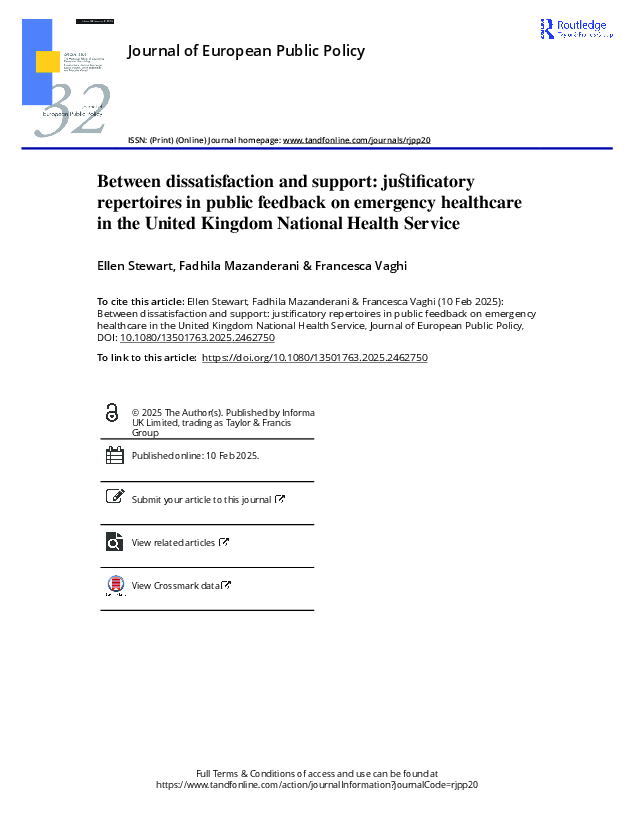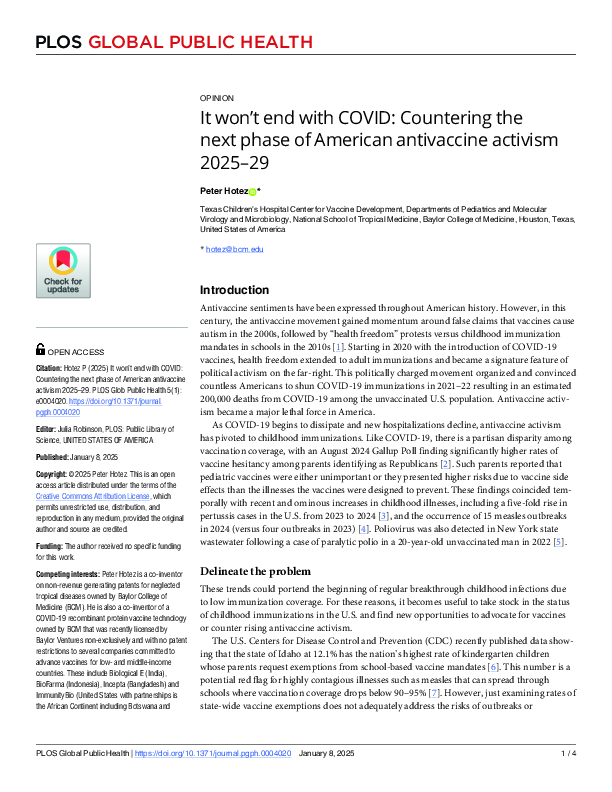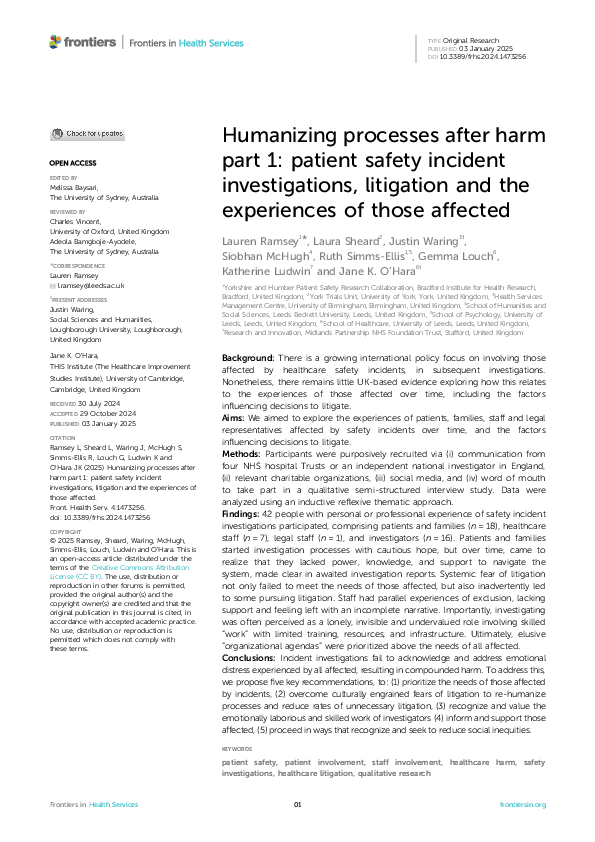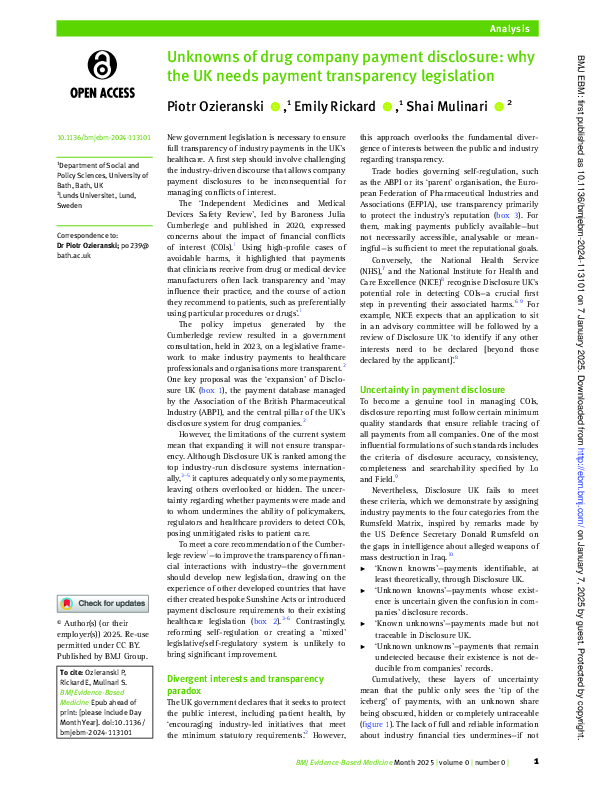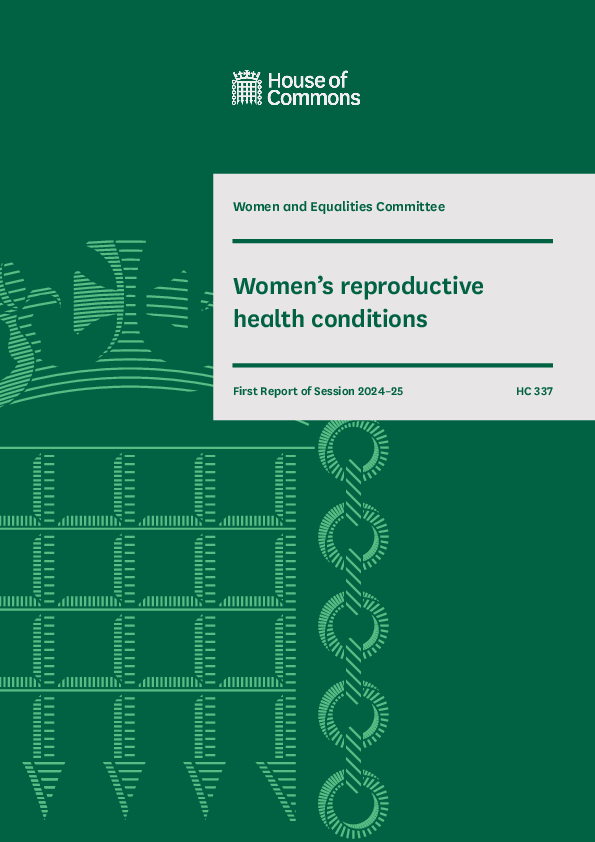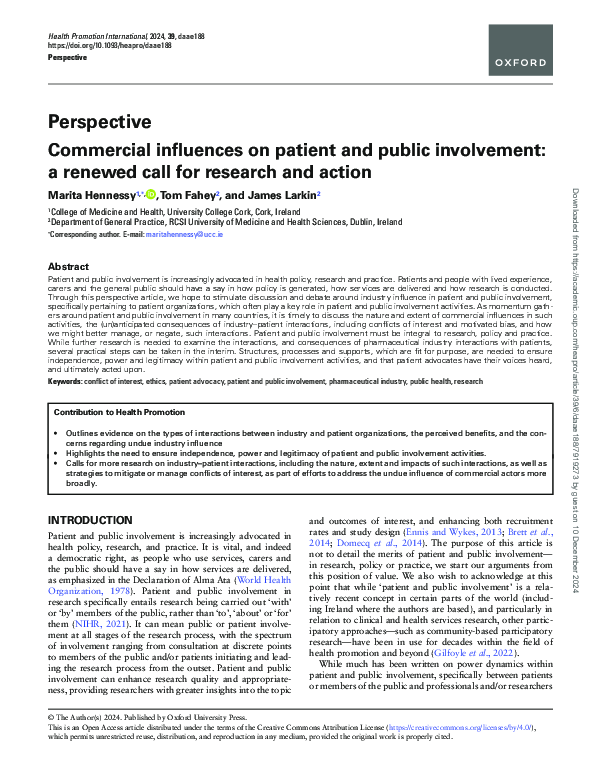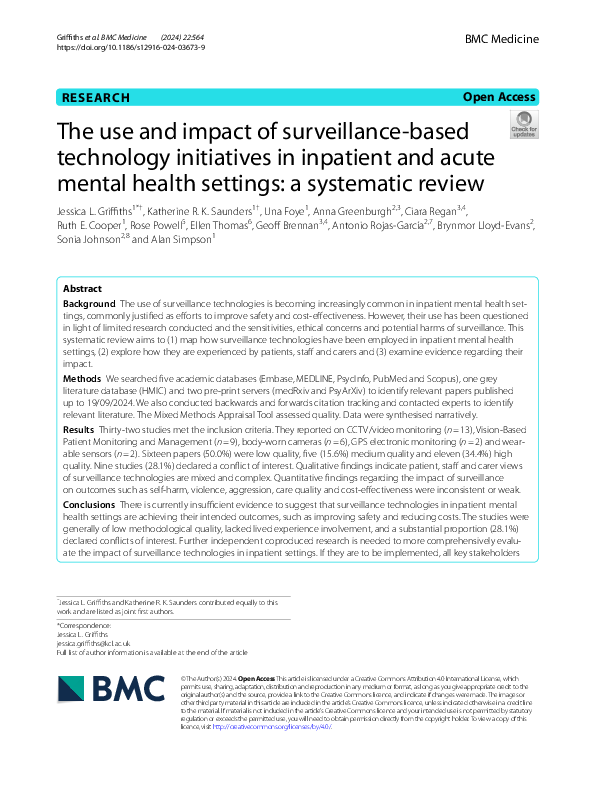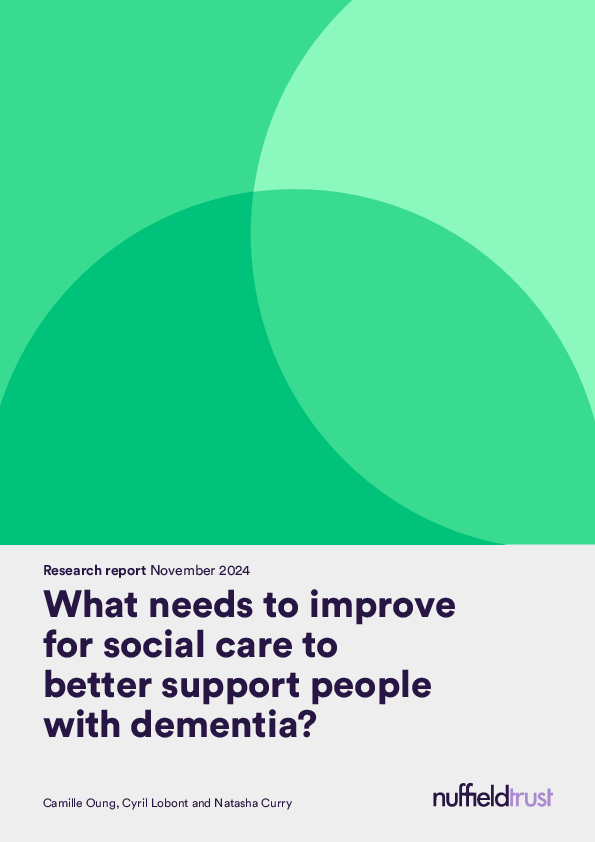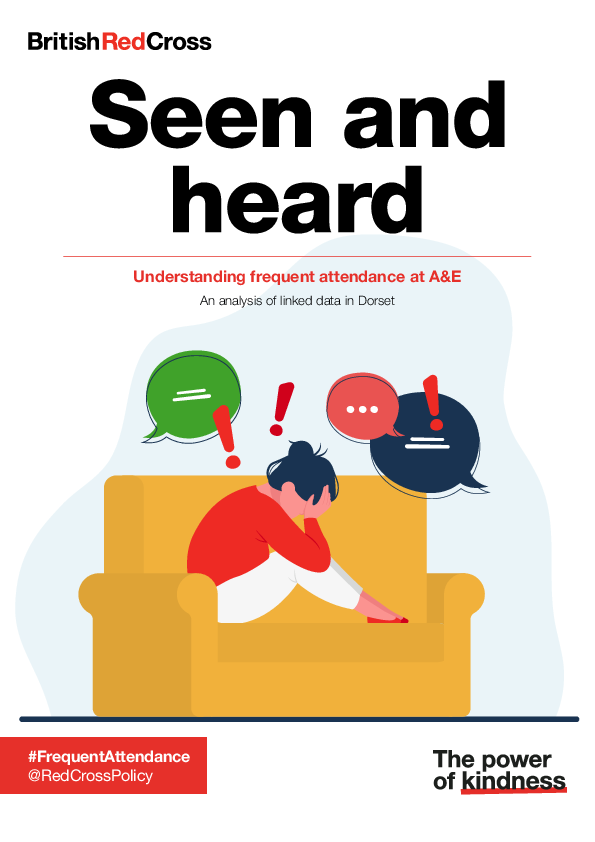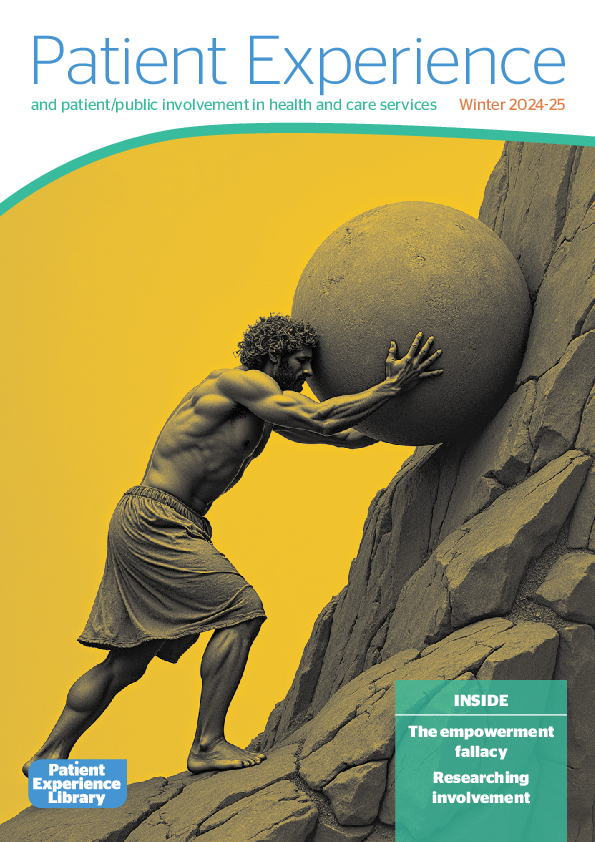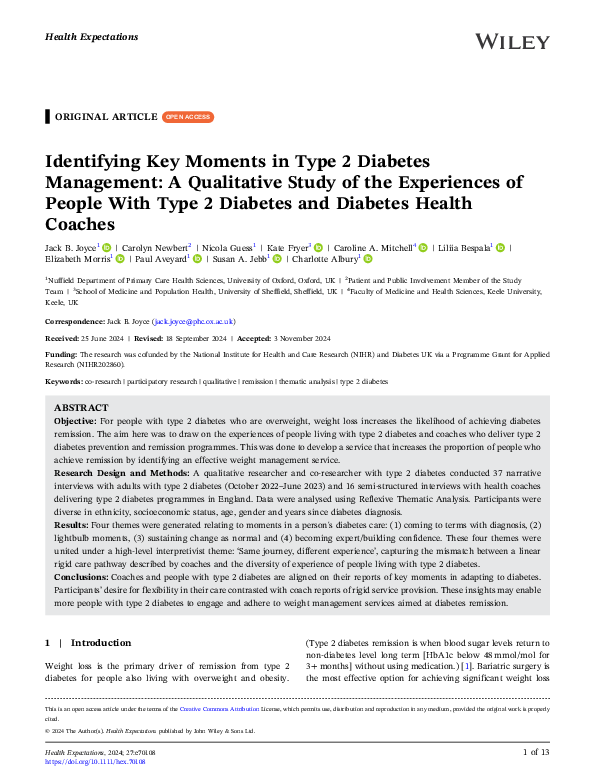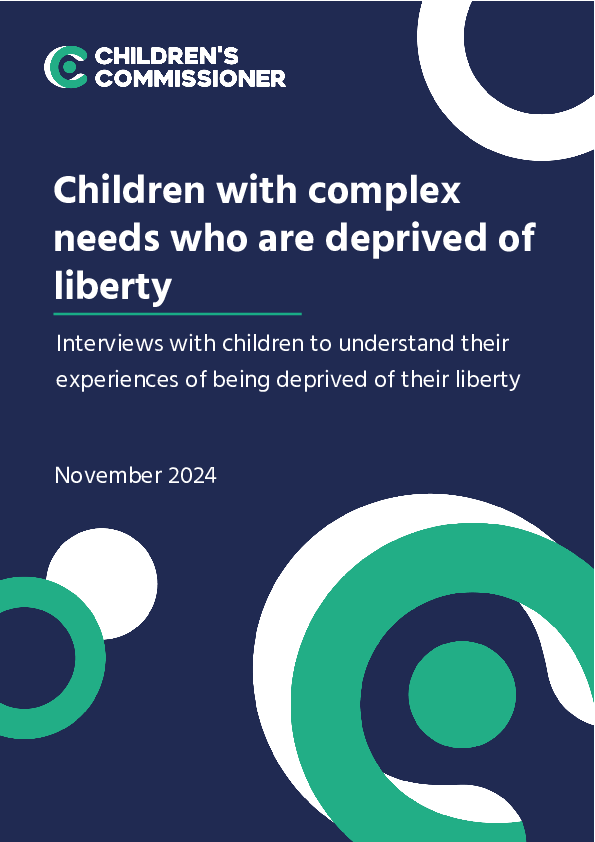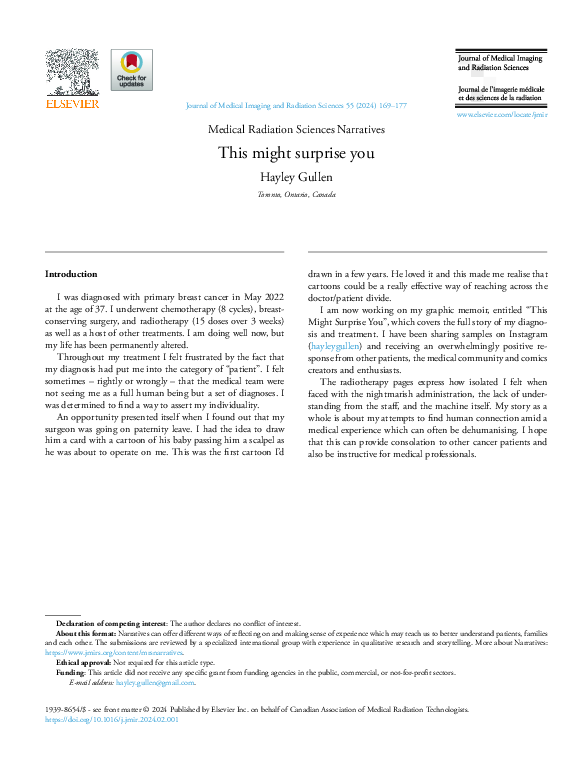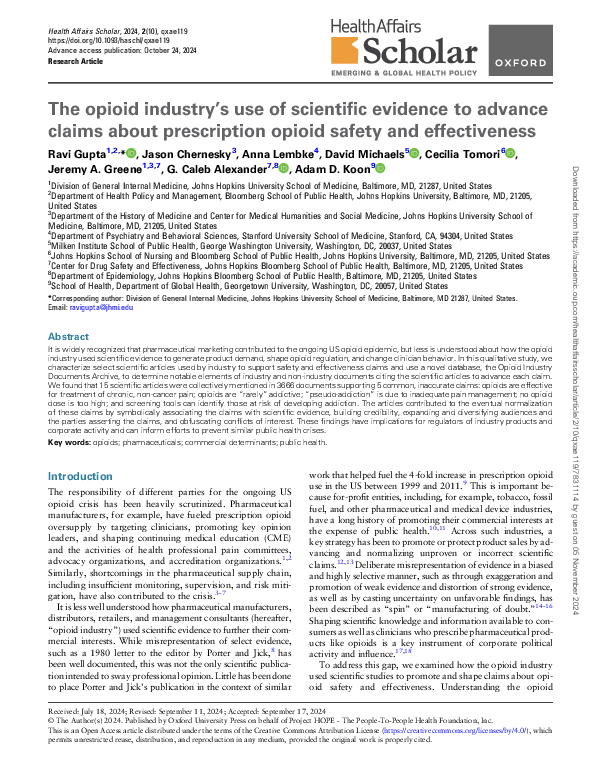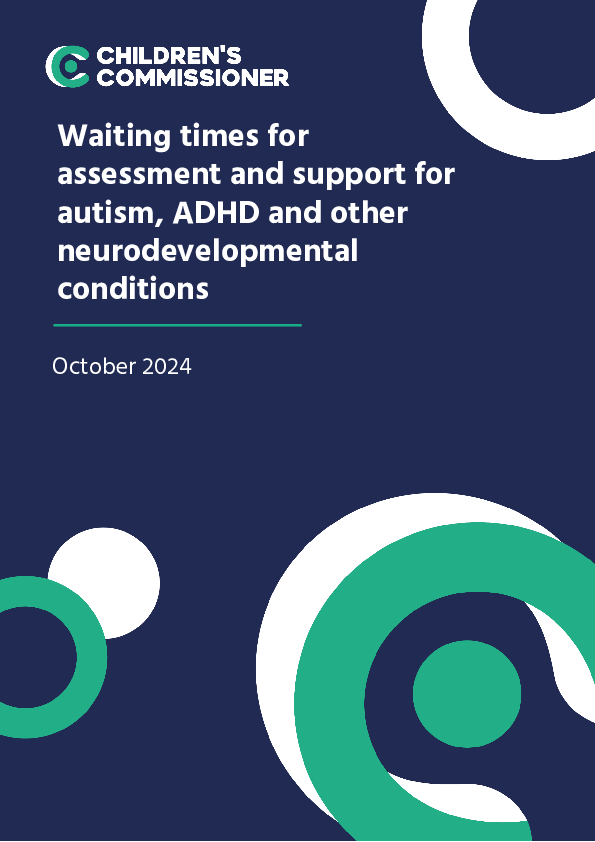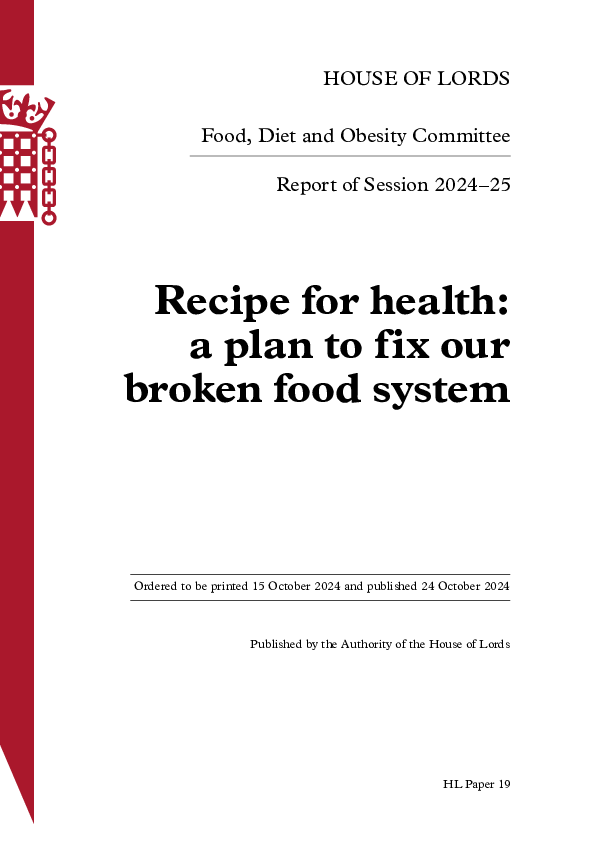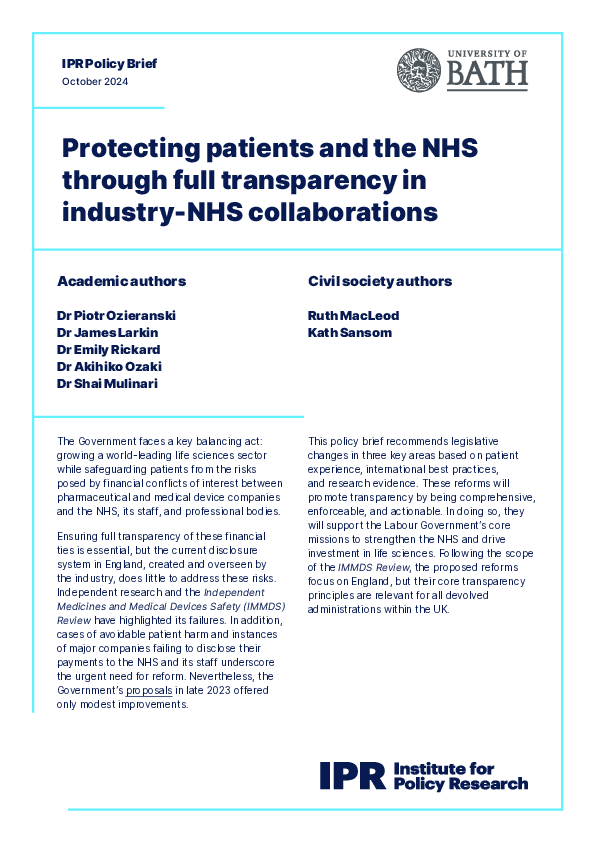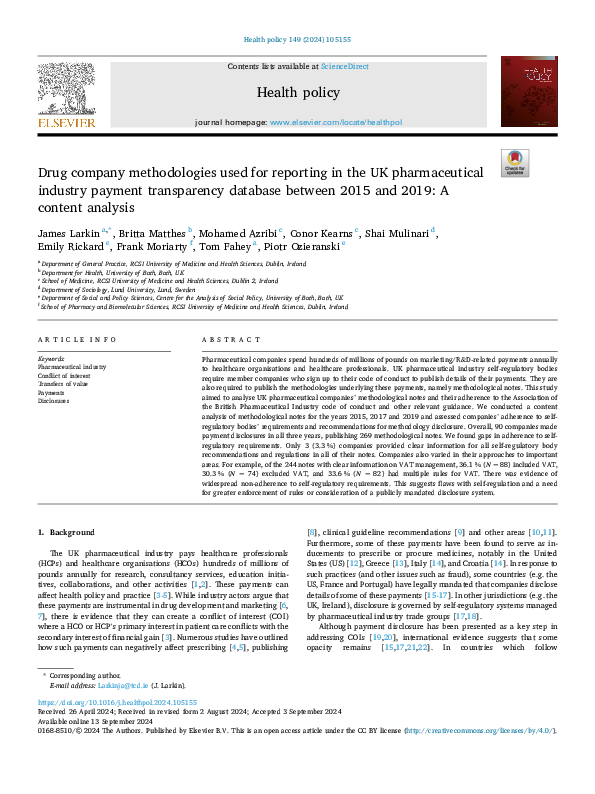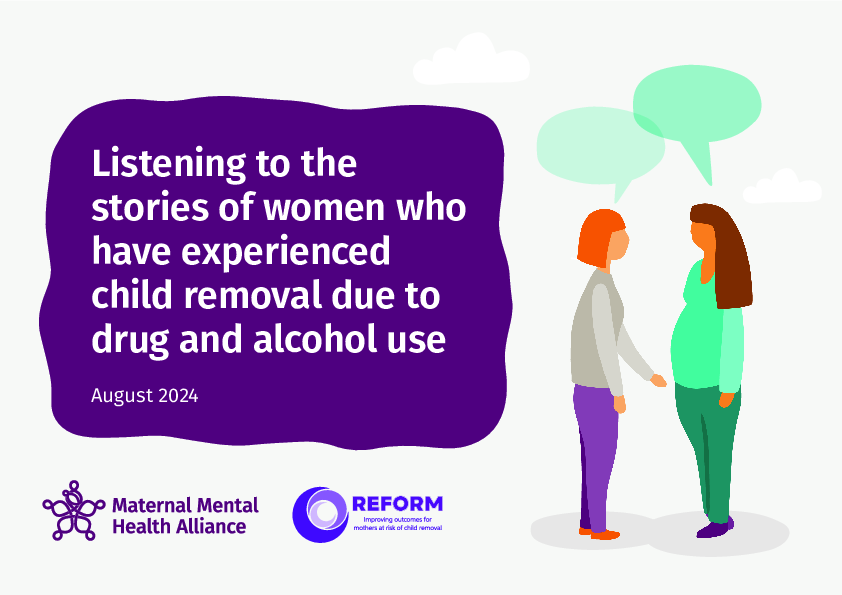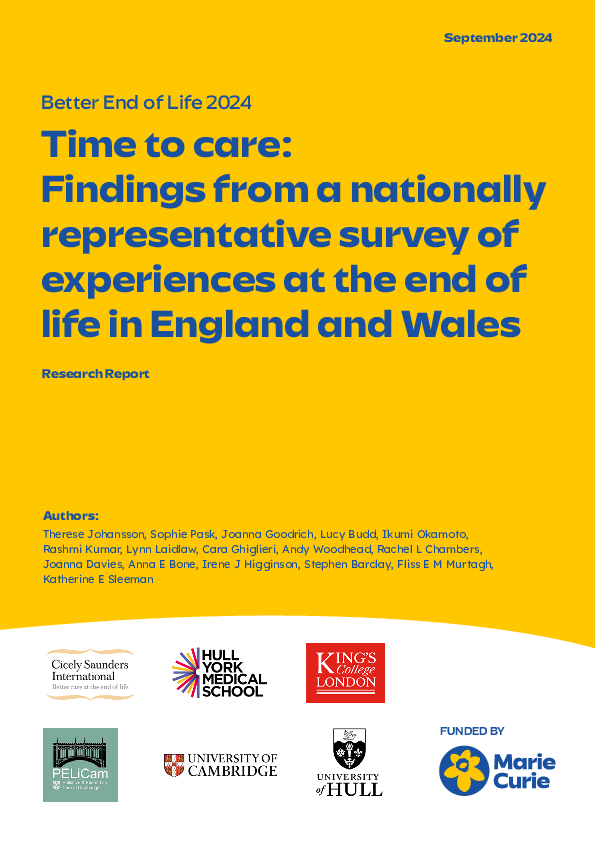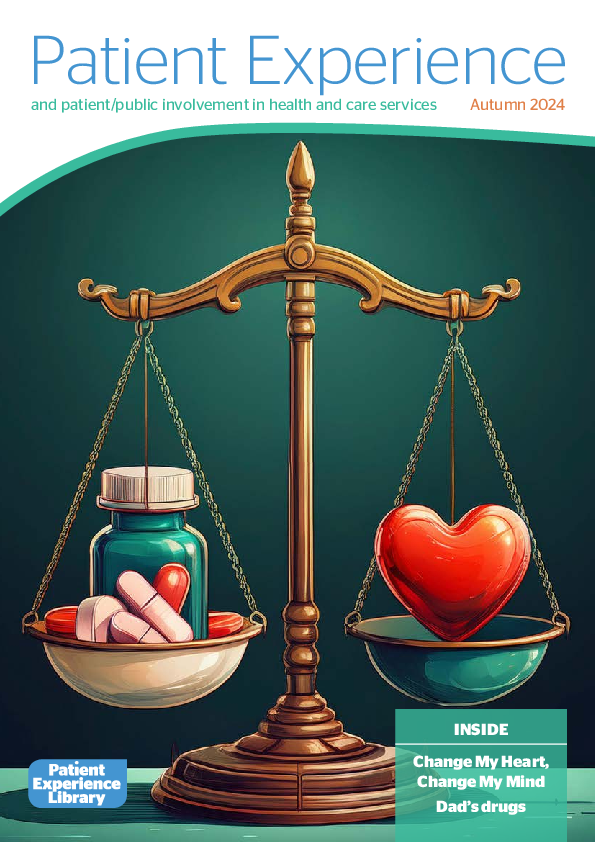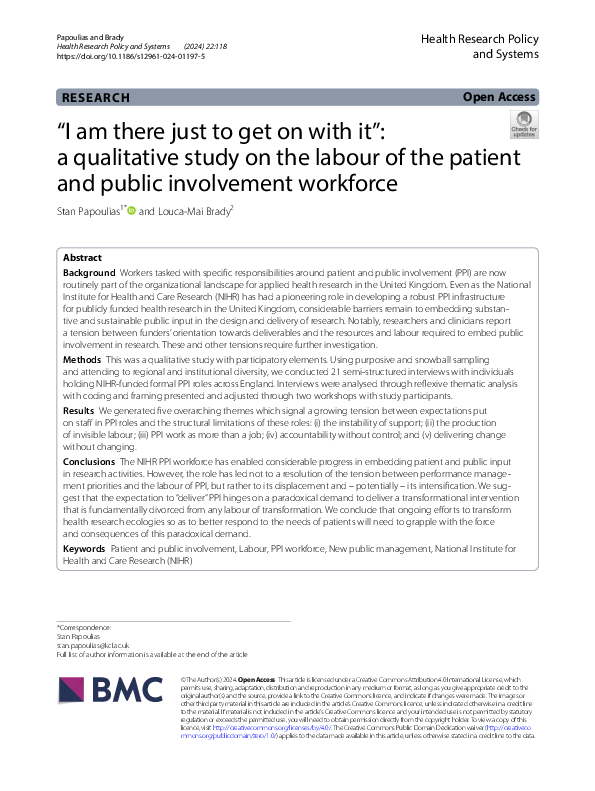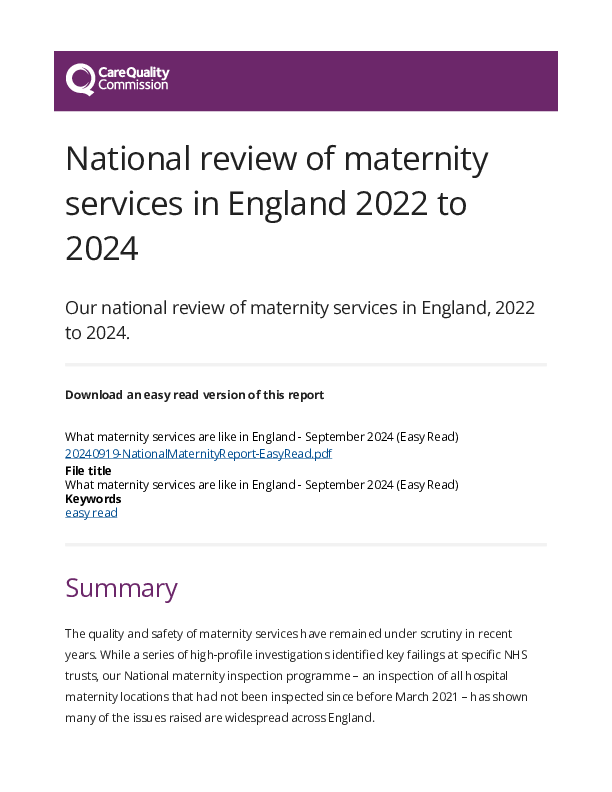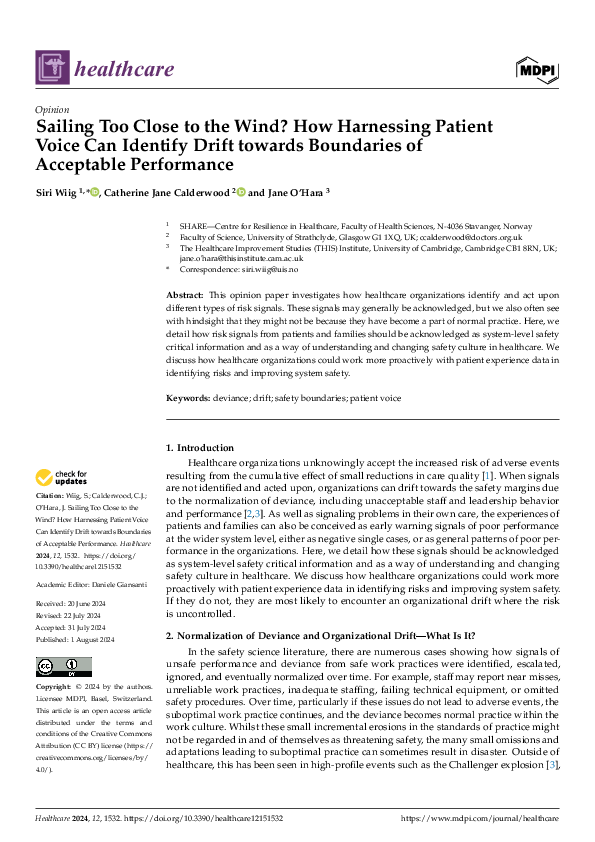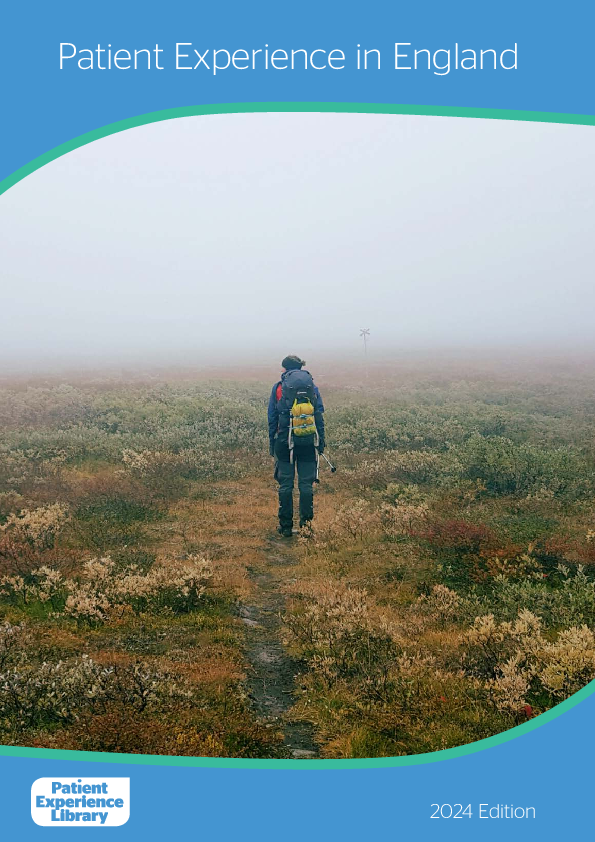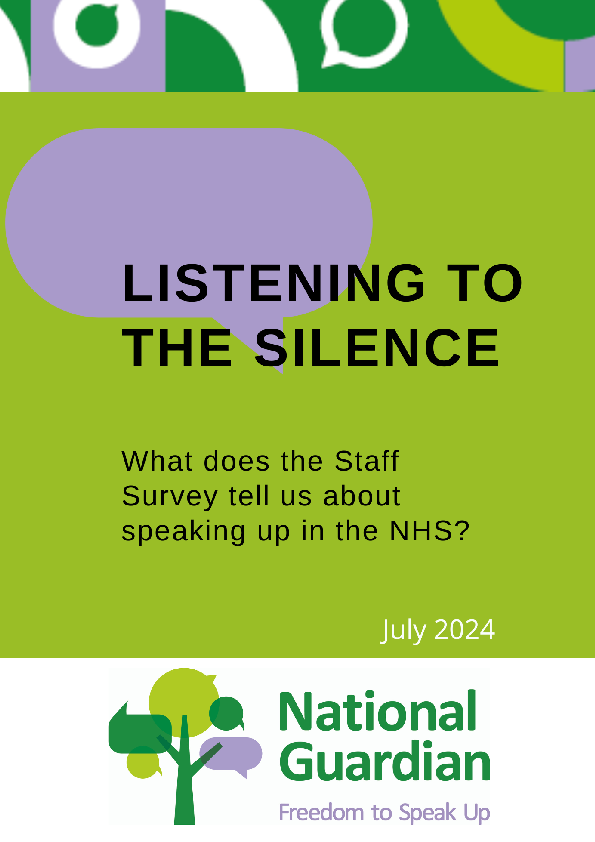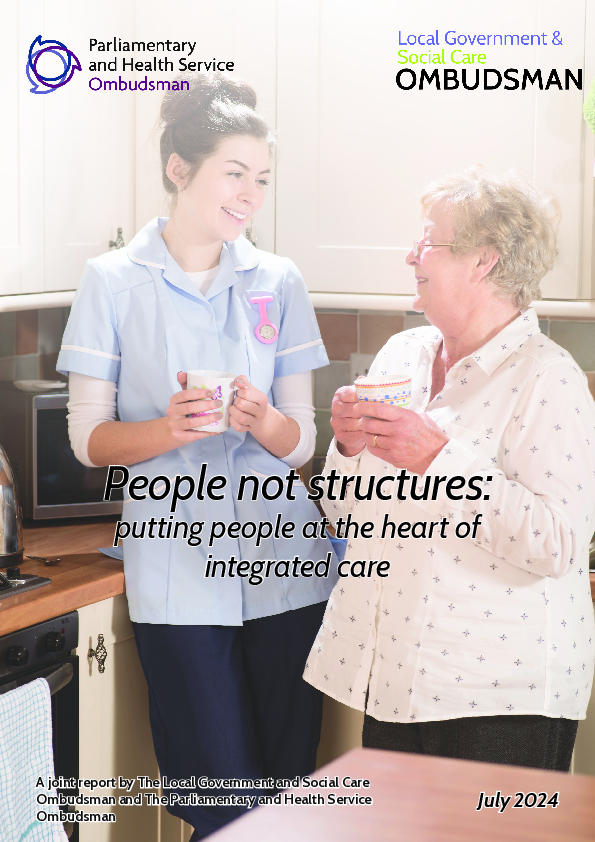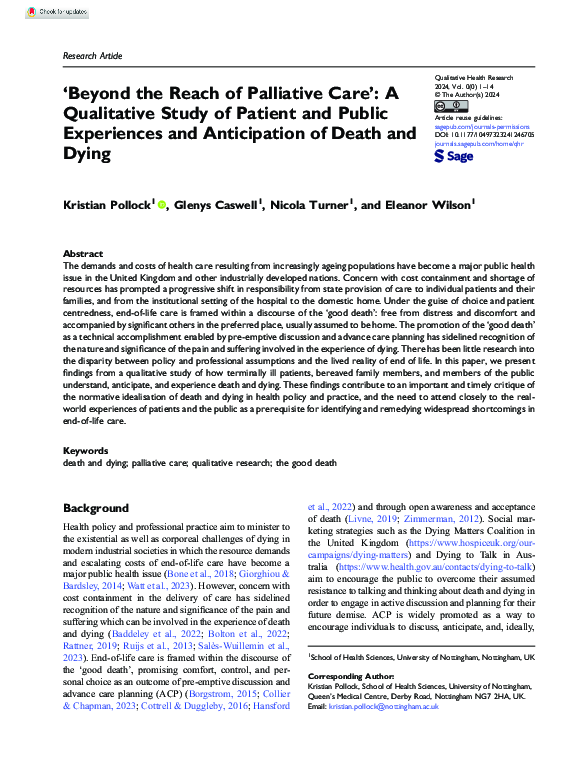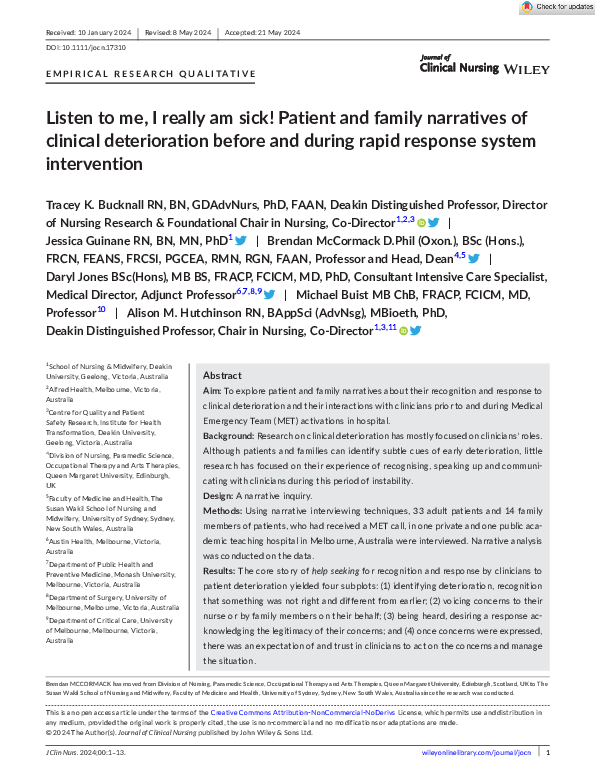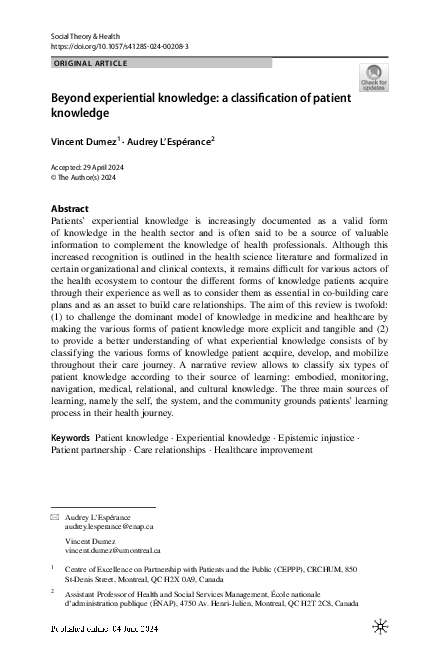Featured Reports
Tuesday September 28th 2021
A hidden web of influence
This paper looks at how the pharmaceutical industry - and the organisations it funds - interact with Parliament to form part of a multi-layered web of influence
It concentrates on All Party Parliamentary Groups (APPGs), stating that "These informal cross-party groups revolve around a particular topic and are run by and for Members of the UK’s Houses of Commons and Lords. They facilitate engagement between parliamentarians and external organisations".
According to the authors, "APPGs do not receive any funding from Parliament, but they can choose to accept payments to cover costs of events, secretariats, travel, reports, and other activities". Consequently, "concerns have been raised that some corporate interests exploit the unique opportunities for access offered by APPGs, turning them into a backchannel for lobbying".
The study looked at financial reports between 2012-2018 from 146 health-related APPGs, finding that payments from external donors totalled £7.3 million. Of this, it says, the pharmaceutical industry and industry-funded patient organisations provided a total of £2.2 million. The authors state that their study "shows pharmaceutical industry funding at the upstream stages of the policy process".
To help manage any conflicts of interest, "transparency must be improved at the level of donors (pharmaceutical industry) and recipients (APPGs)". The paper points out that "Troublingly, pharmaceutical companies are not required to disclose these payments at all and are therefore missing from Disclosure UK, a transparency initiative".
In addition, "the payments from patient organisations with conflicts of interest identified in our research suggests that industry might deploy a multi-layered 'web of influence' strategy through partnerships with patient organisations". However, "Regulating these indirect types of conflicts is more complicated than direct conflicts of interest as they are inherently hidden as they do not need to be explicitly reported".
The authors conclude that APPGs "must go further in ensuring that the public to which they are accountable are fully aware of who funds them, why, and the impact". Furthermore, "Making this information easily accessible in one place is crucial given the frequent role of industry funded patient organisations in APPG activities, evidenced by their numerous in-kind payments, and the risk that the patient voice might speak with a ‘pharma accent’ when involved in policy discussions".
Tuesday July 15th 2025
Screening decisions
Analysis from Prostate Cancer UK shows that prostate cancer is now the most common cancer in England. That, along with the 10 Year Plan's emphasis on 'prevention' as a core aim, makes this Swedish paper a worthwhile read.
The study explored the issues that men consider when deciding whether to participate in a prostate cancer screening programme, and how the invitation letter contributed to their decision. It found four key themes:
- The expectation that authorities should take responsibility and provide guidance. Here, men described a belief that the healthcare provider has the ultimate knowledge and should provide guidance as the basis for the decision; the decision should not be left to the individual man.
- Fear, acting as both a driving force and a barrier. The fear of missing a chance for curative treatment was a driving force, whereas the fear of an unpleasant or painful physical examination was a barrier. None of the men mentioned that their decision was affected by an increased risk of prostate cancer due to family history.
- Reliance upon intuition combined with seeking social and emotional support. Men who had strong confidence in their own decision-making described their ‘‘gut feeling’’ guiding them. They already had a firm idea of what was right and wrong about screening and had made their decision without evaluating the available information. Others spoke to people close to them and were influenced by how they said they would have acted in the same situation.
- The perception of one’s own risk of being affected. A prominent aspect of the decision to refrain from testing was that the information about advantages and disadvantages was perceived as unclear and difficult to evaluate on a personal level.
The authors conclude that the information provided in the screening invitation letter was not decisive in the men’s decision to undergo testing or to abstain. Instead, they say, their choices were primarily influenced by personal experiences and values. They suggest that there is a need to consider how to optimise information to the invited men.
Tuesday July 8th 2025
Knowledge is power
Knowledge is power, and power matters in healthcare.
For example, people with long term conditions want to know about those conditions so that they can have informed dialogue with healthcare professionals. They want to know about their treatment options so that they can give informed consent. And they want to know about their medications so that they can self-manage effectively.
In the latest edition of our quarterly magazine, Lelainia Lloyd describes her journey from undiagnosed illness to knowledge and understanding of her own long term condition. From that, she developed the power to advocate - for herself and for others like her. As she says, 'advocacy is necessary... when there’s awareness, education, access, funding, social programs, and well-supported research, the outcomes can be incredible'.
Our other contributor, Kath Sansom, writes about life five years on from the First Do No Harm report which detailed harms to thousands of women from pelvic mesh. For her, knowledge means tracking the continuing activities of mesh manufacturers, keeping an eye on potentially untrustworthy lawyers, and educating politicians about the need for stronger regulatory controls. Her power is the determination to keep going in the struggle for justice.
Along with these comment pieces, we bring you the latest and best patient experience research, packaged in handy summaries for busy people.
Tuesday July 1st 2025
Professionalising patient safety?
'Patient safety remains a challenge in health care organisations worldwide' says this paper. Its focus is the English NHS and the role of patient safety specialists (PSPs), introduced via the 2019 Patient Safety Strategy. The specialists were to 'co-ordinate action across their organisations and work to embed evidence-based, scientifically informed approaches'.
Five years on, the study aimed to evaluate progress, based on the experiences of the NHS England team driving the programme, and of PSPs themselves.
The study looked at key features of the PSP role which included expertise and experience in patient safety, as well as managerial competence in implementing complex projects. Equally important was to move beyond a focus on compliance and assurance, and to build relationships of influence across the organisation. Seniority mattered, with an acknowledgement that influence would arise from formal hierarchical position. At the same time there was a recognition that authority would also come from specialists’ personal style and willingness to engage in difficult conversations.
There was variance between NHS organisations in the number of PSPs per organisation, and in the amount of time that each PSP could dedicate to their specialist role. The authors note that 'The ambition set out in policy that the role ‘should be full time... focusing solely on patient safety’ appears not to have been realised in all organisations'. In addition, some study participants stated that the work of patient safety specialist had been ‘bolted on’ to their existing roles - sometimes without a commensurate reduction in their existing responsibilities.
A further challenge for some PSPs was that 'support for and understanding of patient safety displayed by their organisation left much to be desired'.
The authors find that 'The challenges identified by participants in this study may reflect the recent introduction of the role, lack of capacity, or the absence (at least as yet) of a clear and consistent approach to managing safety in NHS organisations'. And they conclude that there are 'well-articulated ideas for how the role might bring about change but inconsistencies of implementation that may impede its effectiveness'.
Tuesday June 24th 2025
Pandemics and populism
'Patient experience' is often thought of in terms of access to services or satisfaction with services. But people’s experiences and understanding of health and healthcare go much wider than that.
This paper considers the influence of right-wing populism on public attitudes to healthcare, and asks what the implications are for bioethics and public health ethics.
The focus is the negative impact right-wing populism had on public health policy during the COVID-19 pandemic. The authors argue that right-wing populist leaders polarised public discussion by promoting vaccine hesitancy, undermining the role of medical expertise, validating conspiracy theories and promoting anti-scientific narratives.
Why would they do such a thing? According to the paper, populist leaders tend to portray a political context in which they - and they alone - represent the true voice of the people. In the COVID-19 response, they targeted technocratic elites, who were viewed as representing the establishment and therefore as operating against the will of the people. Experts were deemed wrong not only in terms of knowledge, but also in terms of their ideology, their morals and their underling motivations and ethics. This, say the authors, is a crucial component of the right-wing playbook.
So how should bioethics and public health ethics respond? The paper contends that an 'apolitical' stance in bioethics implicitly lends support to maintaining the status quo, which is swinging towards anti-scientific right-wing populism. The situation is not helped by mainstream approaches to bioethics which depend on frameworks and methodologies that are isolated from wider political and social contexts.
The authors suggest a need for different forms of bioethics which are politically engaged and capable of being critical of moves towards reduced transparency, accountability and representativeness in health policy and practice. They point to a recent editorial published in The Lancet which outlines the powerful impact that misinformation and disinformation have on public health, and which emphasises the need for health professionals to take responsibility on this issue.
The paper states that bioethics must take this call seriously as well. The first step along this path, it says, is exploring the different ways in which right wing populist political leaders and movements use false information and lies to undermine the common good.
Tuesday June 17th 2025
Risks in mental health safety
This report brings together findings on patient safety risks as revealed by a series of investigations focused on mental health inpatient settings. It sets out a catalogue of issues and concerns including the following:
Learning culture: There is a fear of blame in mental health settings when safety events happen. This contributes to a more defensive culture despite staff actively wanting to learn.
Accountability culture: A lack of clear accountability can result in poor outcomes for people with mental illness. Delivery of care is challenging because health and social care services are not always integrated and their goals are not always aligned.
Capability. Integrated care boards lack the required data and the necessary analytical capability to assess disparities in access, experience and outcomes related to the physical health needs of people with severe mental illness.
Lack of insight. Integrated care boards cannot consistently draw reliable insights from data at national, system or local level, to optimise and improve services.
Caring culture. ‘Doing’ tasks, like ticking checklists, overshadow meaningful, empathetic ‘being’ interactions with patients. ‘Tick box’ culture inhibits open and honest conversations and the ability to put the patient, as their authentic self, at the heart of them.
There are further observations and recommendations which, say the authors, 'offer opportunities to facilitate improvements in systems, practices and future plans to support patient safety in mental health inpatient settings'. Importantly, they add that 'Findings may also be applicable to other healthcare services in England'.
Tuesday June 10th 2025
The health mandate
'The nation’s health is now a top-tier political issue' says this report, based on polling of 2,000 UK adults, and focus group work in key battleground constituencies.
It says that the NHS is the second most important issue for voters, behind the cost-of-living crisis but ahead of the economy. But people also have a wider understanding of health beyond the NHS - for example recognising the links to long hours and work stresses. 'Strikingly', says the report, 'people felt the food and drink industry (84%) had greater responsibility for health outcomes than the NHS (79%)'.
An important political implication is that 'Public health policies are popular in general, and even more so amongst key voter groups for the next general election'. Moreover, 'Concerns about ‘nanny statism’ are likely overstated: a majority supported bold regulatory policies like advertising restrictions (65%) or further smoking bans (61%)".
The report offers these messaging recommendations for policymakers:
- Anchor health messaging in people’s lived reality, not abstract policy language. The public does not talk in terms of ‘social determinants’ or ‘health inequalities’, but in terms of the everyday things that make it easier or harder to live well, like a warm home, steady income and having the time and energy to make a healthy meal or go for a walk.
- Make the economic case in terms of day-to-day financial pressures, not GDP metrics. Arguments about productivity and growth can come across as too abstract or can provoke scepticism about whether the benefits would ever be felt by ordinary people.
- Appeal to the collective benefits of a healthier nation. Policymakers could appeal to voters’ sense of civic responsibility and pride in national institutions like the NHS, as well as to the personal benefits of improved access to services and impacts on taxation.
- Focus on tangible, immediate benefits at the household level. Policies that were proactively raised in complimentary terms - such as plain packaging for cigarettes or the sugar tax - were those which had had a significant and visible impact on everyday products.
- Frame in terms of creating ‘a level playing field’. The focus groups revealed a widespread sense of unfairness that big businesses (particularly in food, drink, and tech) profit from promoting unhealthy habits while individuals are left to pick up the cost. This contributed to a feeling that people were being ‘stitched up’ by corporate actors, and that the government was doing too little to intervene.
The report concludes that 'The case for action is clear. The public is ready. What remains is for policymakers to match public appetite with bold, credible, and visible change that improves lives and strengthens the nation’s health'.
Tuesday June 3rd 2025
Women and the dentistry crisis
'There is limited research on how a poor dental health service impacts the lives of women', according to this report from the National Federation of Women’s Institutes. It looks at the ways in which the UK dentistry crisis disproportionately affects women, based on a survey that obtained over 960 responses.
The central theme of the report is that dental health is a feminist issue. This is partly a matter of biology: in pregnant women, for example, hormonal changes can lead to gingivitis - an inflammation of the gums.
It is also because women take a disproportionate amount of the caring responsibility for children and ageing parents. The report states that with NHS dental appointments becoming harder to obtain, women are bearing financial, temporal, physical, and mental health burdens for not only themselves but also their loved ones.
Pregnant women and children are entitled to free NHS dental healthcare. But survey respondents reported being unable to find a dentist taking NHS patients to treat them. So some women are turning to private dentistry but are then finding that they are required to pay high bills.
The report makes the point that the lack of available NHS dental healthcare, and the financial burden of private dental care, forces women to choose between their own health and the well-being of their families, further exacerbating inequalities in access to dental healthcare.
Some women who could not support their loved ones in finding dental healthcare expressed embarrassment and guilt for failing to provide the care they felt they were responsible for.
The report finishes with a series of calls on government, including that all policies looking to solve the dental health crisis should consider the women who act as primary caregivers in their families and communities, and therefore face significant emotional and financial burdens while managing their family’s dental care.
Wednesday May 28th 2025
GPs online
This paper explores patients’ use of online consultation systems (OCSs), defined as 'digital communication tools that allow patients to request help from their healthcare team over the internet by completing free text or multiple-choice questionnaire forms'.
This study sought patients’ views and experiences - in particular, why they chose to use the OCS, the circumstances in which they preferred to use it, and the perceived facilitators and barriers to its use.
A key benefit for patients was the ability to receive a quick response to their query, compared with the delay (typically 2-3 weeks) associated with traditional routine in-person appointments. Full-time workers and people with childcare considerations also like the convenience and flexibility of the OCS. People believed it saved them time by avoiding busy phone lines, unnecessary travel, and long waits due to delayed appointments.
Barriers to use included the following:
- GP practice websites were frequently criticised for being overloaded with information, and needing clearer signposting to the OCS.
- Some patients were confused about the purpose of the OCS, particularly when their practice offered other online systems, for example, to order prescriptions.
- If an OCS request was not resolved within the timeframe advertised (eg 48 working hours), people often telephoned the GP practice to chase a response. They also expressed irritation when the GP had not read the details of their request before an in-person or telephone consultation.
The paper also touches on the particular needs of patients with communication challenges. This included patients with hearing loss, anxiety, and autistic spectrum disorders, as well as people for whom English was a second language. These often preferred the OCS because they were more confident writing rather than speaking English, and had access to free online tools to support them.
Male patients, too, were more likely to use the OCS. Some were concerned about wasting GP time and saw OCSs as more efficient for practices. Others delayed contacting their GP practice as an avoidance tactic to cope with anxiety. The impersonal nature of the OCS helped them to emotionally detach.
Finally, the study found that older people, although initially apprehensive about the OCS, found the system easier to navigate than expected and often preferred using it to contact their GP.
The paper makes a number of recommendations for GP use of OCSs, and concludes that design and use of OCS systems by GP practices are key drivers of patient experience.
Tuesday May 20th 2025
Fixing NHS Dentistry
In recent years we have become familiar with the idea of 'dental deserts' - areas of the country where it is impossible to get basic dental treatment on the NHS.
The situation was already bad five years ago when, pre-pandemic, only half of the adult population (49%) had access to an NHS dentist. Covid accelerated the decline and now only 4 in 10 have access.
This report, from the House of Commons Committee of Public Accounts. explains that in 2024 the then government launched a dental recovery plan. There were three main goals: to deliver an additional 1.5 million courses of treatment in 2024-25, to improve children’s oral health through the Smile for Life programme, and to introduce measures to support the dental workforce.
The Committee’s judgement on the plan is blunt. They say that it has 'comprehensively failed to deliver improvements in access to NHS dentistry'. One consequence is that 'the most vulnerable patients continue to suffer the most from long-standing failures in the system'.
There are various aspects to the failure:
- The dental contract 'remains unfit for purpose and fails to incentivise practices to deliver sufficient NHS care'.
- The New Patient Premium, meant to incentivise recruitment of NHS patients by dental practices has actually resulted in 3% fewer new patients since the scheme was introduced in March 2024.
- The 'golden hello' recruitment scheme has seen less than 20% of the 240 expected dentists appointed.
- One final initiative - mobile dental vans - has been dropped.
The underlying cause, according to the Committee, was that 'The modelling that underpinned the dental recovery plan was flawed, and even if the plan had performed in line with expectations it was never actually ambitious enough to meet its stated aim of ensuring that everyone who needs to see an NHS dentist would be able to'.
The Committee notes that the current government has committed to introducing more fundamental reform to the dental contract. But, it says, 'NHSE and DHSC do not yet know what that reform might look like or to what timescales it can be delivered'.
Tuesday May 13th 2025
The dark side of the plate
Food has a profound effect on our health and wellbeing. And, according to this report, 'UK dietary health is at a crisis point'.
The report states that 'Babies born today will enjoy a year less of good health compared to babies born a decade ago, while type two diabetes among under 25-year-olds has increased by 22% in just five years'. It goes on to say that 'The cost of our poor diets is ravaging the NHS'.
The focus of the study is food industry lobbying of MPs. One key finding is that between 2020 and 2024, government ministers met with food businesses and their trade associations 1,408 times - 40 times more than with food NGOs.
Keeping track of these kinds of connections is difficult because 'the UK’s system to disclose lobbying practices is opaque at best and could and should be substantially improved'. And greater transparency matters because 'countries with a greater degree of corporate capture are less likely to implement evidence-based health policies'.
The report lists some examples of food industry influence, including:
- Repeated objections by McDonald’s to local authority attempts to prevent fast food outlets being sited near schools.
- A scheme run by Tesco in which midwives funded by Danone offered infant feeding advice to new parents.
- Food education in schools supported by an industry body that receives funding from companies including Coca Cola, PepsiCo, Mars, Nestle and British Sugar plc.
Additionally, at the policy level, 'more than half of the experts on the UK government’s Scientific Advisory Committee on Nutrition... have links to the food industry... with the likes of Nestlé, Tate and Lyle, and Unilever'.
The report makes a series of recommendations: stronger disclosure requirements, better data systems, and tackling the 'revolving door' through which people move between employment in the public and private sector.
As Health Secretary Wes Streeting flies the flag for 'preventing sickness, not just treating it', this report should, perhaps, be on his reading list.
Wednesday May 7th 2025
Health and politics
In the wake of last week’s local elections across England, it might be worth taking note of this report. It starts with the observation that 'Health is an under-appreciated influence on politics'.
It says that health has long been an undercurrent in politics. But 'More Europeans than ever are living with chronic diseases and disabilities'. On top of that, the COVID-19 pandemic 'precipitated a crisis of well-being and health system performance, forcing entire populations to confront the importance of health protections to their lives'. In this context, say the authors, health may be more relevant to politics than ever.
A key focus is people with poor health and disability. The report states that limited mobility and financial constraints can hinder their ability to participate in the democratic process. So they are less likely to vote and are under-represented by their elected officials.
People in poor health also report negative experiences with the health system, social programmes, and other public institutions meant to support them. So they have 'lower trust, confidence and satisfaction with the health system, government, politicians and other public institutions'.
One consequence is that 'The political alliances of people in poor health may be shifting'. The rise of populist parties, especially on the ideological right, has given voice to people who feel ‘left behind’ by public institutions. Their anti-establishment rhetoric, according to the report, 'appears to have appealed to people in poor health, even though many populist parties oppose public health protections'.
There is, however, an opportunity: 'The political salience of health gives policy-makers an opportunity to promote health alongside trust in democratic institutions'. Health issues motivate many people to engage with patient advocacy groups and health professional societies. And 'people have high trust in their individual health care providers, who may represent an opportunity for rebuilding trust'.
The report states that 'the public often rewards elected officials for health-promoting policies. They are more likely to do so when a policy has visible, meaningful benefits; provides universal coverage; and conveys respect to beneficiaries'. And it concludes that 'Understanding the political influences of health can help policy-makers protect not only the health of populations but also democratic institutions'.
Tuesday April 29th 2025
Women’s reproductive inequalities
The most recent Labour Party manifesto made a promise: 'Never again will women’s health be neglected. Labour will prioritise women’s health as we reform the NHS'. This report takes that promise as a backdrop to an examination of inequalities in women’s sexual and reproductive health.
It starts with the observation that women’s reproductive health has historically been overlooked by policy makers, with only 2% of medical research funding spent on pregnancy, childbirth and female reproductive health. This, it says, 'leaves stark evidence gaps about female-specific health'.
There are also 'acute variations of women’s access to local reproductive health services due to the fragmented way the system is designed and delivered'. According to the authors, these variations deepen inequalities. Problems include the following:
- Care pathways that are disjointed, difficult to navigate and create artificial divisions between contraception, sexual and reproductive health.
- A lack of ethnicity reporting, leading to disparities in care and outcomes.
- Cuts to Public Health Grant funding, with real terms spending on contraception falling by 29% between 2015/16 and 2022/23, and with big reductions in the availability of specialist sexual and reproductive health clinics. These cuts 'tend to be greater in more deprived areas, which compounds and entrenches existing health inequalities'.
The report points to 'the untapped potential of Women’s Health Hubs', which can bring together healthcare professionals in a 'flexible, one-stop service with diagnostic capabilities and integrated pathways with secondary care'. These would be 'an ideal opportunity for the Government to move care into the community for many women'.
There are further recommendations, at both the national and the local and regional levels. The report’s authors are clear that 'sexual and reproductive health forms a central part of women’s health', and call on the government to deliver on its manifesto promise.
Tuesday April 22nd 2025
Preventing future deaths
Our Featured Report this week is a Prevention of Future Deaths (PFD) report for a baby, Ida Lock, who died after failures in basic medical care.
The coroner’s report outlines the clinical circumstances of the case. But it also points to multiple instances of poor organisational and professional cultures. These include:
- Poor reporting culture. The coroner cites 'concern about the reliability of Trust's data' and 'lack of version control and audit of documents'.
- Poor compliance culture. We hear of 'lack of compliance with clinical governance requirements' and 'failure to comply with the Duty of Candour'.
- Poor caring culture. The report describes a 'lack of transparency and openness', along with 'rolling disclosure of documents [which] caused additional distress to the family'. There is also 'inappropriate self-congratulation'.
- Poor accountability culture. There was a failure to 'notify the external bodies namely the CQC and the then CCG', as well as a senior staff member 'reneging on the Trust's acceptance of the HSIB report'.
- Poor learning culture. There was 'non-completion of mandatory training [by midwives]' and a failure by the Trust to 'undertake any examination of its own clinical governance processes'.
These symptoms of harmful cultures are not confined to maternity services. Our Red Flag Tracker helps staff to read similar signals of harm from residential care, adult inpatient care and other settings. We will be updating the tracker to include the findings from this PFD report. The tracker is open access and free to use, and is available here.
Tuesday April 15th 2025
Responding to Challenge
In October 2022, Dr. Bill Kirkup published his report into avoidable harm and death in maternity services at East Kent. The report - called "Reading the Signals" - urges everyone involved in healthcare to get better at spotting the warning signs of harmful cultures.
Our Responding to Challenge report shows what those warning signs look like. We went back over ten years of avoidable harm inquiry reports, digging out over a thousand references to the organisational and professional cultures that lie at the heart of harm. We then carried out a thematic analysis to reveal the patterns of behaviour that crop up time and again in healthcare disasters.
The approach enabled us to go beyond the vague notion that culture is just "the way we do things around here". Instead, we have forensic insights based on real-life examples, as documented by official investigations. We can now show what poor cultures look like - in teamwork, compliance, accountability, organisational learning and more.
The report, produced for the Care Quality Commission, contains a link to an online Red Flags Tracker which enables users to see those real-life examples for themselves. It can help anyone who sees something 'not quite right' to check their gut feelings against an extensive evidence base.
The report and tracker can be used as the basis for staff training and organisational learning - helping people to get a better idea of what "culture" actually looks like in healthcare, and how it can go wrong. They are already being drawn on by Maternity and Newborn Safety Investigations, who have fed the learning into a cultural assessment tool that is being piloted with 12 NHS Trusts.
The learning will also be useful for people charged with the task of "reading the signals" of harm - complaints managers, Freedom to Speak Up Guardians and local Healthwatch staff. And last but not least, it will be of interest to service managers and Trust Board members - the people who are ultimately accountable for organisational cultures and their impacts.
You can view the Responding to Challenge report and the Red Flags tracker here.
Wednesday April 9th 2025
Living through illness
'Patient experience' is sometimes thought of as a kind of customer satisfaction exercise. NHS England, for example, describes the Friends and Family Test as a means to help service providers 'understand whether patients are happy with the service provided'.
But NHS strategists have known for many years that a major challenge is the growth in long-term health conditions. So for many people, 'patient experience' means learning to live with illness and vulnerability.
On page 3 of the latest edition of our quarterly magazine, Adriana Ford explains how an art project helped her to express her experience of cancer. It sparked her interest in the connection between art and health, and led her to set up the Breast Cancer Art Project which helps many others to share their stories through art and to navigate their cancer diagnosis.
Lara Wong on page 5 examines the UK government’s 'learning to live with Covid' rhetoric. She sees that as a euphemism for abandoning any real learning at all - with serious consequences for clinically vulnerable people. For Lara, this is not just a health issue but a matter of equality and rights. We all benefit from better quality air - and we all suffer when we normalise sickness.
Tuesday April 1st 2025
Addressing antimicrobial resistance
'Antimicrobial resistance (AMR) is common around the world', says this report, 'driven in part by misuse and overuse of antimicrobials'. It goes on to say that 'This is a major public health concern because it means antibiotics and other antimicrobials may be ineffective, both today and increasingly in the future'.
The report comes from the National Audit Office which has been investigating the government’s response to AMR 'because it is a serious public health threat, and because the UK’s experiences during the COVID-19 pandemic showed the country was not as resilient to such threats as it expected to be'.
A key finding is that AMR acceleration 'is driven partly by people’s misuse and overuse of antimicrobials'. In England 20% of antibiotics prescribed in primary care are inappropriate.
The problem is compounded by the fact that only one new class of antibiotic has been discovered since 1987. This is because 'the financial returns to pharmaceutical companies from discovering antibiotics are insufficient to incentivise investment, even though new antibiotics would be of great public value'.
The report says that 'There are huge foreseeable consequences'. By 2050 AMR is likely to contribute to an estimated 8.2 million deaths globally each year. Importantly, 'The future health effects will not be evenly spread. Health inequalities could worsen, and several groups will be disproportionately affected, particularly babies and the elderly, people with lower socio-economic status, and specific ethnic groups'.
The UK’s National Action Plan 2019-2024 (NAP) is reviewed, with mixed results. For example, only one of the government’s five quantified domestic targets in NAP19-24 was met or on track to be met.
A key target is that awareness of AMR among health workers and the public needs to improve. However, a 2019 survey of UK health workers found that only 59% could correctly answer a set of questions about antibiotic use and antimicrobial resistance, and only 78% felt they knew enough about the subject. Meanwhile, 90% of the UK public knew antibiotics were becoming ineffective but only 49% knew that antibiotics do not work against viruses.
The report concludes that AMR is a serious threat to the health of the public and has the capacity to change our society radically for the worse. But, it says, 'the UK remains a long way from the 20-year vision the government expressed in 2019: to control, contain and mitigate AMR'.
Tuesday March 25th 2025
Public mood improving
This report presents the latest findings from a six-monthly rolling programme of research carried out by Ipsos on behalf of the Health Foundation. The programme aims to track changing public perceptions of health and social care, and to generate policy insights.
The report opens with the observation that the public are less critical of NHS care and services than a year ago, in May 2024. They are also more optimistic for the coming 12 months, with around one in five (21%) thinking the general standard of care will get better, up from 11% in May 2024.
People are more likely to agree that the NHS is providing a good service locally (45% now, against 37% a year ago). There is also a greater sense that government has the right policies for the NHS (17%, up from 8% in May 2024).
When asked about different priority areas for the NHS, the public’s top priority is making it easier to get appointments at GP practices (38%). This is followed by improving waiting times for A&E (33%), reducing the number of staff leaving the NHS by improving working conditions (29%), and reducing waste and improving efficiency of NHS services (29%).
The survey found that around three-quarters (73%) of the English public are unaware of the 10 Year Health Plan. They are, however, generally supportive of the plan's "three shifts". Preventing sickness rather than just treating it is the most popular shift (86% support), followed by moving more care from hospitals to communities (82%). Making better use of technology receives the least support, although support is still high overall (73% support).
On social care, views of general standards have improved, and people are more likely to think social care services will remain about the same (up from 29% to 41%). But they continue to be negative about social care services in their local area, with only 12% agreeing they are good.
The majority of the English public (76%) are unaware of the government’s promise to create a National Care Service. However, 40% think the government should prioritise delivering social care reform quickly.
The NHS/healthcare is the public’s top priority to receive more public spending in the future, with 65% support. People also support tax increases to maintain spending, though support for this has dropped from 53% to 42%.
Tuesday March 18th 2025
Just a period
"During the last few years, we have seen a definitive shift towards conversations around the menopause becoming more routine and informative" says this report. Prior to this, it says, discussions about the menopause were "conducted under the radar or secretly because of the embarrassment and stigma associated with this predictable life event".
The report's goal is that within the next few years we will be able to say the same about menstrual health. The authors state that "It is unacceptable that women are suffering severe period pain and heavy bleeding in silence, or that their symptoms are dismissed". This, they say, "often means that girls and women fail to receive appropriate care for easily treatable conditions".
A key finding is that for women affected by heavy and painful periods, it takes an average of 22 months from symptoms starting to seeking help. They then have to "jump another hurdle of ensuring their symptoms are taken seriously".
Across three surveys of more than 7,500 women, 50% had felt dismissed by healthcare professionals, who didn’t take their symptoms seriously.
Respondents also described a lack of empathy shown by healthcare professionals when carrying out extremely personal and ‘invasive’ investigations.
And of the 69% of women with period symptoms who had sought help from a healthcare professional, the majority weren’t given treatment (58%), diagnosis (84%), or a follow up referral (81%).
The report makes a series of recommendations, including:
- Better menstrual health education in schools.
- Workplaces to adopt women’s health policies which support menstrual health.
- A public health campaign on menstrual health and period problems for teens and young women.
- More funding for menstrual health research.
The report concludes that "We need to start taking menstrual health seriously". Millions of women, it says, have benefitted from breaking the silence on the menopause. And it finishes by saying that "We must now also call time on heavy, painful periods and ensure no one is told their symptoms are 'just a period'.
Tuesday March 11th 2025
Caring while complaining
This paper starts with the observation that "recent large-scale surveys in the UK have found an apparently paradoxical relationship; that reported commitment to the NHS as a system has remained stubbornly high even as reported satisfaction with healthcare received has plummeted".
To explore this paradox, the study team looked at online feedback given via the Care Opinion platform, focussing particularly on experiences in emergency care.
The feedback described numerous accounts of poor care, many related to non-medical aspects of healthcare such as long waiting times, lack of access to food, water and sanitary care, poor communication, inadequate pain management, and lack of empathy.
But despite these highly critical accounts, many patients stated that they were not ‘complaining’ about the NHS. Alongside expressions of discontent, story-authors "explicitly recognise the extreme pressures the NHS is facing, articulate support for staff and recognise good care".
The researchers noted three distinctive but interrelated features:
First, there was a widespread recognition of the pressures the NHS, and emergency care in particular, faced. This shifted the responsibility (and blame) for unacceptable care away from ‘the NHS’ as a valued social good, to systemic problems with how it was funded and managed.
Secondly, the critical accounts contained empathy, gratitude, praise, and support for NHS staff. Through highlighting good experiences alongside bad, stories that were primarily negative could still articulate support for health-care services and staff.
Thirdly, the stories emphasised explanations for why the author or their family member had ended up using emergency services. This could be seen as a way in which some patients differentiate themselves from other, less legitimate, users of emergency services.
Taken together, these features resulted in a ‘yes, but’ structure that allowed authors to vigorously critique the care received whilst simultaneously expressing commitment to the NHS as a whole.
The paper states that "these narrative features show that the apparent paradox of ongoing loyalty to ‘the NHS’ alongside dissatisfaction with actual care experiences may not, in fact, be a paradox at all". Instead, it says, "dissatisfaction with and normative support for national healthcare services are often entangled, rather than opposed".
The paper concludes that awareness of this entanglement "allows us to understand how people continue to express loyalty and support for an institution (the NHS) while describing harrowing and sometimes dangerous experiences of care".
Tuesday March 4th 2025
Antivaccine activism
Last week a six year old child in Texas died of measles - the first US death from the measles in nearly a decade. The child was not vaccinated.
The Texas Department of State Health Services reports 146 cases so far (28.2.25). 80% of those affected are under 18 years of age. Over 50% are unvaccinated, with a further 40% whose vaccination status is "unknown".
Against this background, this opinion piece - published at the start of January 2025 - seems prescient.
The author notes how the antivaccine movement gained momentum in the early 2000's, around false claims that vaccines cause autism. The arrival of COVID-19 also saw the arrival of "health freedom" protests, which "became a signature feature of political activism on the far-right".
Now, says the author, "As COVID-19 begins to dissipate and new hospitalizations decline, antivaccine activism has pivoted to childhood immunizations". This, he says, "could portend the beginning of regular breakthrough childhood infections due to low immunization coverage".
There are two key implications for health policymakers.
First, they need to identify areas of the country at greatest risk for breakthrough childhood infections, while also guiding local or state vaccine advocacy initiatives.
Secondly, they need to get much better at addressing parental concerns about immunisation. In particular, this means explaining the risks of severe childhood illnesses (which for measles includes hospitalisation, hearing loss, pneumonia and death) against the vastly lower chance of any side effects from vaccines.
There is a further question, involving political will. The author notes fears that "in states where partisan leanings are strong... there will be continued declines in childhood immunizations". These could be accompanied by the introduction of "onerous legislation" that could "ban pediatric COVID-19 immunizations... stop disease data collection, halt school vaccine mandates, or encourage alternative or unproven immunization schedules".
The paper concludes that "Urgent action is needed to forestall the return of diseases once believed to be consigned to history".
Tuesday February 25th 2025
Unnecessary litigation
There are an estimated 11,000 reported incidents causing severe harm or death in the UK annually, according to this study. One outcome is an estimated £1.7 billion worth of clinical negligence claims, with a further £1.8 billion to administer and settle claims, and long-term liabilities amounting to £65 billion.
In this context, the study explored the experiences of patients, families and staff involved in incident investigations and asked what might influence patient or family decisions to litigate.
The research came up with five key themes:
- Cautious hope colliding with fear. Families were "overwhelmed by opaque and unfathomable processes" but in spite of this, proceeded with "cautious hope". Over time however, a sense of injustice was fostered by systems "driven by fear of legal repercussion".
- On the side lines of organisational agendas. Patients and families experienced widening power gaps, leaving them disillusioned by a lack of compassion, acknowledgement and accountability. Staff experienced a "parallel isolation", sometimes separated from the patient and family they cared for and feeling "guilt and apprehensions of unknown outcomes".
- Awaited, yet unwelcome report. Patients and families waited in anticipation of investigation reports, but then found them to be "disheartening, disrespectful, dishonest".
- Left with an incomplete narrative. People reflected on being drip-fed information. For some, life became an all-consuming effort to get answers to their questions and help to prevent the same thing happening to others.
- Litigation as a last resort. Litigation was often not financially motivated, but was an avenue people were forced down in the hope of being finally heard and getting answers to their questions.
The paper makes five recommendations, the first of which is that "Investigatory processes should be relational, centering the needs (including emotional) of patients, relatives and staff affected by safety incidents to avoid compounding harm". Other recommendations cover improved information for families, action to counter social inequities, and action to address system level fear of litigation.
The paper concludes that "Current investigation processes fail to acknowledge and address the emotional harms that are experienced by those affected. As a result, patients and families are experiencing compounded harm and pursuing unnecessary litigation, staff are fearful, investigators are shouldering unmanageable responsibility, and the healthcare organization not visibly learning or improving".
Tuesday February 18th 2025
Unknowns of drug company payments
This paper opens with a call for new government legislation to ensure full transparency of industry payments in the UK’s healthcare.
It cites the 2020 Independent Medicines and Medical Devices Safety Review, which investigated harms to thousands of women and families from Primodos, Sodium Valproate and pelvic mesh. The review noted that payments to clinicians from drug or medical device manufacturers often lack transparency and "may influence their practice, and the course of action they recommend to patients, such as preferentially using particular procedures or drugs".
One outcome of the review was a 2023 government consultation which included a proposal for the "expansion" of Disclosure UK, described in this paper as "the payment database managed by the Association of the British Pharmaceutical Industry (ABPI), and the central pillar of the UK’s disclosure system for drug companies".
The paper's assessment of this proposal is blunt: expanding Disclosure UK "will not ensure transparency". Reasons for this include the following:
- Unclear naming rules. There are no unique recipient identifiers, so companies can use multiple names and abbreviations.
- Entries for NHS Trusts receiving payments may be made in the name of their constituent hospitals, departments or clinics.
- Some payments may be misattributed, which becomes evident through cross-referencing Disclosure UK entries with the trust’s official address information.
According to the paper, "These challenges in accurately identifying payment recipients pervade the entire database". Consequently, potential conflicts of interest can be detected only by those "well-versed in the intricacies of Disclosure UK and capable of undertaking forensic research".
The proposal to expand Disclosure UK comes, say the authors, from a government that accepts an "industry-driven discourse" - one that "conceals the divergence of interests between the industry and the public". They recommend a legislative solution: either a bespoke Sunshine Act or extension of the transparency provisions in the Health and Care Act 2022.
Irrespective of the chosen approach, says the paper, it should be combined with standardising company disclosure practices, and heavy fines to deter substandard reporting.
Tuesday February 11th 2025
Women’s reproductive health conditions
"It has been more than two years since the publication of the Women’s Health Strategy for England and although there are patches of progress, it has been too slow and the strategy lacks an implementation plan."
So says the House of Commons Women and Equalities Committee in this report on Women’s reproductive health conditions. Dame Lesley Regan, Women’s Health Ambassador for England, adds that "the onus should not fall on women and girls to advocate for their own health needs".
The Committee notes that conditions such as endometriosis, adenomyosis and heavy menstrual bleeding are highly prevalent. And yet "many who experience them find their symptoms dismissed and normalised by those they turn to for help". For some conditions, access to diagnosis and treatment can take years, leaving women to "endure pain that interferes with every aspect of their daily lives".
The problems are ascribed to a 'medical misogyny' which has contributed to poor awareness of these conditions. This is "mirrored in a lack of medical research, treatment options, specialists, and the de-prioritisation of gynaecological care as evident by waiting lists, which have grown faster than any other specialty in recent years".
The report covers various issues, including:
- Education and awareness. For example, girls leaving school not knowing what constitutes a ‘normal’ period and unequipped to spot the symptoms of reproductive health conditions.
- Diagnosis, treatment and support. Women being told symptoms such as heavy, painful bleeding and incontinence are 'normal', that they are either too young to have a condition, or too old to expect treatment.
- Painful investigations. Harrowing experiences of painful procedures such as hysteroscopy and having a contraceptive coil fitted.
- Medical research. Research into women’s reproductive health conditions inadequately prioritised by funders and not incentivised enough in clinical academia.
The Committee makes wide ranging recommendations on these and other matters. And, it says, " The Government should publish an implementation plan for the Women’s Health Strategy for England detailing timelines, costs and resource".
Tuesday February 4th 2025
Commercial influences on involvement
"Patient and public involvement is increasingly advocated in health policy, research, and practice" says this paper. As part of the trend, "Pharmaceutical companies are increasingly interacting with, and investing in, patients through, for example, training and networking opportunities and/or funding of patient organizations".
The funding can be extensive: "in 2022, the International Alliance of Patients’ Organizations... was almost entirely industry-funded (98%)". In the same year, "two-thirds of the European Patients Forum’s funding came from industry".
The funding is not necessarily altruistic however. "Patient organizations are also powerful actors in policy, research and practice...they ‘have assets that the industry covets’, including the trust of patients and support of broader public".
This can create potential conflicts of interest. The authors ask "if the industry is funding patient organizations, then it calls into question: whose voice is being amplified?". As an example, they state that "industry-supported patient organizations... can provide pharmaceutical companies with an alternative way of ‘informing’ patients about their products as they are unable to market/advertise prescription drugs directly to patients".
Another example is industry co-funding of patient organizations and/or patient and public involvement initiatives that set research agendas. The paper notes that "the Irish Platform for Patients Organisations, Science & Industry (IPPOSI), a leading actor in patient and public involvement activities - including research agenda-setting - in Ireland, receives two-thirds of its funding from industry".
Potential conflicts are not always obvious: "Studies have found relatively high levels of non-disclosure of industry funding by patient organizations. For example, an Australian study found that 48% of a random sample of pharmaceutical industry-funded groups did not disclose their industry funding".
The authors acknowledge the importance of patient and public involvement in research, policy and practice, and the need for such contributions to be adequately reimbursed or remunerated. And they say that "Given deficits in state support for patients and patient organizations, it is unsurprising that they turn elsewhere".
The paper suggests practical steps to address commercial influences on patient and public involvement. One is evidence-based training for patients and patient groups around interactions with industry, and on governance matters relating to management of conflicts of interest. Another is mandatory disclosure of industry funding of patient groups, ideally within one open access repository. A third is that governmental and independent research funders should make reimbursement of patient and public involvement a requirement, thus limiting the need for industry interactions.
The paper concludes that "It is imperative that we have structures, processes and supports in place which are fit for purpose to ensure that patient and public involvement contributors have their voices heard, and ultimately acted upon".
Tuesday January 28th 2025
Surveillance in mental health care
"Inpatient mental health settings are challenging environments" says this paper, where "both patients and staff have reported feeling unsafe on wards". Causes include abuse, coercion, aggression and violence - again, from both staff and patients.
In this context, some mental health service providers in the UK are increasing their use of surveillance-based technologies including closed circuit television, body-worn cameras and remote monitoring devices such as smart watches, GPS trackers and infrared cameras.
The paper states that use of these technologies is justified on the basis that they may be able to reduce aggression, violence, self-harm and suicide attempts. They may also help to reduce staffing costs. However, "the use of some of these technologies on inpatient wards is controversial", with patient and service user groups expressing ethical concerns.
The authors say that "a comprehensive review of the evidence underpinning the use of surveillance technologies in inpatient settings has not yet been undertaken". This systematic review is, they say, the first of its kind.
Key findings included the following:
"The reviewed studies were generally of low methodological quality, lacked lived experience involvement, and a considerable proportion disclosed conflicts of interest".
There is "a particular lack of research on certain types of surveillance technologies, such wearable sensors and GPS electronic monitoring, reflecting the novelty of these technologies in inpatient settings".
Only two studies specified that they included wards with patients under the age of 18, meaning that "the literature fails to account for the unique ethical considerations" of surveillance of children and young people.
There was also "some quantitative evidence indicating that a substantial proportion of patients did not consent to the use of VBPMM [Vision-based patient monitoring and management] or understand the reasons for being monitored via video".
The authors state that their findings "highlight the danger of surveillance technology use infringing upon patients’ human rights, choice and autonomy". At the same time, they recognise that "Staff, patient and carer experiences of and attitudes towards surveillance technologies... were complex, with variation both within and between these groups".
Overall, however, they come to a view that "The findings of this review suggest that the current evidence base does not support the use of surveillance technologies as a means of improving safety, care quality or reducing costs in inpatient mental health settings".
Tuesday January 21st 2025
Better support for dementia
This report starts by forecasting a large increase in the number of people living with dementia in the coming decades. It estimates up to 1.7 million people in England by 2040, against 900,000 across the UK at present.
It notes the focus on the search for a cure but says that too little attention has been paid to how people with dementia, and their unpaid carers, should be supported to live well.
Progress is held back by, among other things, a lack of clear national standards for what ‘good’ dementia support looks like; a lack of resources and prioritisation for long-term strategic planning; and an absence of consistent training requirements for staff.
Added to this is a failure to reform the social care system and a challenging financial backdrop, both of which have limited investment in dementia-suitable care models. One consequence is that unpaid carers have increasingly been taking on more complex caring roles, yet have seen a contraction in the support available to them.
There are, however, actions that could be taken now.
Local authorities could use their commissioning powers to develop dementia-friendly support across a range of settings. They could also improve access to carers’ assessments and ensure unpaid carers have access to high-quality information, training and guidance.
Integrated care systems could ensure better coordination across health and care services, and could develop systematic data collection to understand the patient journey across the whole health and social care system.
National bodies could take a more leading role in setting and signalling what principles underpin ‘good’ dementia care. They should equip the workforce to provide a high standard of care. And they should produce national guidance on data collection to improve understanding of the incidence of dementia, and the needs of people with dementia and their carers.
These seem like positive suggestions - but the authors point to "a worrying inertia among policy-makers and politicians, despite the inevitable rise in the number of people the system will need to support in future". And they say that in order to make progress, "Dementia needs to have a sufficiently high policy profile".
Tuesday January 14th 2025
Seen and heard
The NHS is in the depths of yet another winter crisis, and urgent care services seem to be at the forefront. A quick look at this BBC news page reveals stories from all over the country of ambulance queues, long waits in A&E and patients being treated in corridors.
Our featured report this week shines a spotlight on a key driver of demand: frequent attenders at A&E.
Focussing on patients and services in Dorset, its opening finding is that frequent A&E attenders "constitute a small and vulnerable minority... whose needs are consistently not being met". This small minority has a disproportionate impact on urgent care: "1 .7 per cent of Dorset’s population account for 13.8 per cent of the county’s A&E attendances". They are also more likely to arrive by emergency ambulance than non-frequently attending people.
So are frequent attenders simply attention-seekers? Apparently not: their visits "are more likely to be classed as ‘high acuity’ (urgent) by clinicians".
The study identifies two cohorts. One is aged 70+ and 98.2 per cent have two or more long-term conditions. The other is younger but has a significant link with deprivation. Depression, seizure, self-injury and substance misuse are particularly prevalent presentation reasons, and they are more than twice as likely as the study's control group to have two or more long-term conditions.
The authors state that "Focusing on these root causes will not only alleviate pressure on urgent and emergency care, but will also advance the broader objectives of reducing health and healthcare inequalities". The report sets out recommendations which, it says, can form an approach that "prevents people from getting to crisis point in the first place by tackling the underlying systemic causes".
Tuesday January 7th 2025
Involvement and empowerment
People doing patient experience work will be familiar with words like 'involvement, 'engagement' and 'empowerment'. These are all good words and they signal good ambitions.
But the work of involvement - like the work of medicine - is never done. There are always new challenges to face and new frontiers to cross.
One of those challenges is presented by Rachel Wright, on page 3 of the latest edition of our quarterly magazine. She is a nurse, wife of a GP, and parent carer for a son with complex disabilities. With her qualifications and experience, she should be very welcome as a 'partner in care'. And yet she finds that 'At every step of my son’s life, I am scrutinised'. Rachel points to 'systemic structures and cultures which disempower parent carers'. These, she says, 'need to be identified and then dismantled'.
On page 4, Lynn Laidlaw describes research into people living with multiple long-term conditions. This is a process to which she brings her own, very relevant, lived experience. Lynn explores the gaps between the rhetoric and reality of 'patient and public involvement'. She finds poor reporting, a lack of co-authorship and practices that cause her to question whether claims of involvement are meaningful.
Along with these comment pieces, we bring you the latest and best patient experience research, packaged in handy summaries for busy people.
Tuesday December 17th 2024
Same journey, different experience
This paper starts with the observation that weight loss is the primary driver of remission from type 2 diabetes for people also living with overweight and obesity.
Success or failure in weight loss is often judged in terms of a patient's adherence to treatment. But there are other influences on weight management over time, including biological factors, family and social culture, and the availability and accessibility of food options. So success or failure in adherence to treatment may not be simply a matter of the patient's own actions.
Taking this as its starting point, the study found four key points in the journey towards weight loss and diabetes remission where people's perceptions of success and failure became relevant. Those were:
- Coming to terms with diagnosis. This could include having to deal with a sense of shame and self-blame, and also with a sense of surprise that they were they type of person who would develop diabetes.
- Lightbulb moments. These were the moments at which people came to terms with what living with diabetes meant to them. Sometimes these were linked to disruptive events that led to a sudden realisation of a need for change - for example, relationship breakdowns or a career change.
-
- Sustaining change. Patients lamented the limitations imposed by diabetes on their everyday lives. But embracing the change as a "new normal" was linked to continued success in managing diabetes, whereas a desired return to a "pre‐diagnosis normal" was associated with regaining weight.
- Becoming expert/building confidence. Many people had to work to become confident in adapting to diabetes. But successful adaptation was connected with personal pride, and some patients had begun to support others' adaptation as well.
Across the study's diverse patient‐participants, these key moments were broadly consistent. But it was how these were managed that varied, with the time taken to reach each moment, and the order of moments, influenced by the different participants’ circumstances.
The authors point to evidence that diabetes remission services have sub-optimal uptake and adherence, and they suggest that this could occur because linear support models are misaligned with people's experience and expectations. They conclude that "adapting to accommodate the different perspectives of people with type 2 diabetes may increase uptake and adherence to remission programmes".
Tuesday December 10th 2024
Children deprived of liberty
Thousands of children in the UK are deprived of their liberty, according to this report from the Children's Commissioner. Many are in secure settings: young offender institutions, mental health wards, or secure children’s homes. But, says the report, a growing proportion are being deprived of their liberty outside a secure setting, through the use of High Court orders that are currently being made at a rate of well over 1,000 per year.
The report states that "The vast majority of children subject to deprivation of liberty orders are in the care system". Some are in specialist therapeutic children’s homes or settings that have been created specifically for them. However, many children are "in places that are highly unsuitable, including illegal children’s homes, Airbnbs, or on hospital wards while awaiting discharge". This, says the Children's Commissioner, "leads to children feeling unsafe and uncared for, further adding to their trauma".
The Commissioner's office spoke to children with experience of deprivation of liberty orders, to understand from them how it feels to live under these conditions, what more they believe could have been done to help them, and what they think needs to change.
A key finding was that children felt let down by the system, often questioning where the support had been for them and their families before the situation escalated beyond their control.
Many also described adverse experiences in care; moving between multiple children’s homes, where they had no sense of commitment or genuine concern from their carers, with their behaviour labelled as challenging and risky, instead of being recognised as a response to trauma.
Some children, particularly those with an autism or mental health diagnosis, had experienced multiple episodes of restraint, which, says the Commissioner, "is distressing for any child, and even more so for those who are living away from home, often alone with their carers".
The Commissioner goes on to say that "When a child is effectively imprisoned for their own safety, it means that many opportunities for intervention have been missed. We need more support for families and children early on, and a care system that is fit for purpose so that children do not reach crisis point".
Tuesday December 3rd 2024
This might surprise you
Our featured report this week is a journal paper with a difference. It is not written in the careful, detached prose of academic studies and policy papers. Instead, it presents a patient’s story in pictures.
Hayley Gullen explains how she was diagnosed with breast cancer and underwent chemotherapy, radiotherapy and 'a host of other treatments'. She is, she says, doing well now - but 'my life has been permanently altered'.
In the course of her treatment she sometimes felt that her medical team were seeing her more as a set of diagnoses than as a fully rounded human being. In response she became 'determined to find a way to assert my individuality'.
An opportunity presented itself when she gave her surgeon a cartoon that she had drawn. He loved it and, says Hayley, 'this made me realise that cartoons could be a really effective way of reaching across the doctor/patient divide'.
The paper shows Hayley’s experiences in graphic novel form. A series of hand-drawn panels depicts how isolated she felt when faced with the nightmarish administration, the lack of understanding from the staff, and the machine itself.
Hayley describes her story as an attempt 'to find human connection amid a medical experience which can often be dehumanising'. Her hope is that it can provide consolation to other cancer patients and also be instructive for medical professionals. Further samples of her work and extracts from her graphic memoir are at https://www.hayleygullen.com/
Tuesday November 26th 2024
Normalising addiction
There was, according to this paper, a '4-fold increase in prescription opioid use in the US between 1999 and 2011'. It says that pharmaceutical manufacturers 'fueled prescription opioid oversupply' but says that it is less well understood how the 'opioid industry' (pharmaceutical manufacturers, distributors, retailers, and management consultants) used scientific evidence to further their commercial interests.
Such understanding, say the authors, is important because 'for-profit entities, including, for example, tobacco, fossil fuel, and other pharmaceutical and medical device industries, have a long history of promoting their commercial interests at the expense of public health'.
The study drew on documents held by the Opioid Industry Documents Archive (OIDA) - a digital repository of millions of documents that have been publicly disclosed through litigation. It identified five claims that were advanced by industry about the safety and effectiveness of opioids. These were that:
- Opioids are effective for the treatment of chronic, non-cancer pain.
- They are 'rarely' addictive as long as they are prescribed by a doctor to a patient with pain.
- Individuals who appear to be developing addiction to prescription opioids from a doctor may have 'pseudoaddiction,' requiring more opioids to treat what is actually continued pain.
- No dose is too high, and if a patient develops tolerance to opioids, the solution may be to further increase the dose to treat the pain.
- Screening tools can identify patients who will abuse medications and/or develop addiction to prescription opioids.
The authors state that these claims were 'supported by misrepresentation of a scientific foundation', and 'helped contribute to the normalization of claims about prescription opioids, seeking to influence professional norms in the US'.
They go on to say that 'by repeatedly advancing the studies and the claims in a wide array of documents to an expanding audience and paying the authors of many articles... the opioid industry appeared to build a veneer of scientific legitimacy, allowing it to disarm criticism and dispel doubt regarding their claims'.
The paper concludes that its findings have wide-ranging implications for public health, policymakers, and regulators. In particular, 'these corporate strategies require politically challenging policy and structural responses that limit such commercial influence and stretch beyond simple conflict-of-interest policies'.
Tuesday November 19th 2024
From diagnosis-led to needs-led
'There are', says this report, 'hundreds of thousands of children and young people in England who have a neurodevelopmental condition which requires support'. It sets out an ambition that children with autism, ADHD and other neurodevelopmental conditions should receive excellent support 'with or without a diagnosis'.
However, this ambition 'is currently very far from reach'. The report describes children waiting years for assessment, diagnosis, and therapeutic support. It also underlines the health inequalities that exist between children, with particular groups of children less likely to have their needs identified and met.
Part of the problem is a Special Educational Needs and Disabilities (SEND) system that relies on 'a diagnosis-led, rather than needs-led, model of support - with health, education and social care often not prioritising the integrated, early support that children with neurodevelopmental conditions need'.
The Children’s Commissioner says that 'We have created a system which is working against itself'. She sees it as 'Forcing children and families to jump through endless hoops to get the help they need'. And, she says, 'It is shocking to me just how many providers have published apology messages and videos about the long waits for their neurodevelopmental assessment pathways'.
The Commissioner finds that 'In failing to provide timely support, we are not only wasting public money - we are robbing children of their childhood and their potential'. At the same time, 'we are wasting tens of millions of pounds of taxpayer money on tribunals, with children and their families’ appeals upheld almost every time'.
There is a further consequence: 'We are storing up a tidal wave of demand for adult social care services, with neurodivergent children who do not get the right support disproportionately likely to grow up experiencing problems with poor mental health, substance misuse, and offending behaviour'.
The answer, according to the Commissioner is that 'We can prevent this by giving children the support they need now, and moving to a needs-led - rather than diagnosis-led - system of support'.
Tuesday November 12th 2024
Recipe for health
'Obesity and diet-related disease are a public health emergency' says this report from the House of Lords. It states that 'After tobacco, diet-related risks now make the biggest contribution to years of life lost. In economic terms, the annual societal cost of obesity is at least 1-2% of UK GDP - billions each year in healthcare costs and lost productivity'.
Importantly, 'This is not because of a collective loss of willpower'. It is because 'unhealthy, often highly processed foods have become widely accessible, heavily marketed and often cheaper than healthier alternatives'.
Equally importantly, 'There has been an utter failure to tackle this crisis'. The peers find that 'At the heart of this failure has been a misplaced focus on individual responsibility' not least because of 'misguided fears of the ‘nanny state’'.
The report recommends a comprehensive and integrated food strategy, based on 'a radically new approach to the food industry'. Notably, 'food businesses that fail to meet healthy sales targets must be excluded from any discussions on the formation of policy on food, diet and obesity prevention'.
Peers are realistic about the likely response, remarking that 'Large food businesses will adapt to resist the effects of regulation'. Why? Because 'Unhealthy processed foods are more profitable for business than healthy foods'. Moreover, 'Aggressive marketing also makes cheaply produced unhealthy foods more profitable'.
But it is society that picks up the tab, and as usual, the poorest are hit hardest: 'There are gaping inequalities in unhealthy diets, obesity and diet-related disease... the most deprived children are more than twice as likely to be living with obesity than the least deprived'.
The report says that 'Turning the tide and ending this emergency is a huge challenge, but it is not insuperable'. And it calls for decisive action 'to build a food system that enables us all to live healthy lives, protects the NHS and better ensures the nation’s prosperity'.
Tuesday November 5th 2024
Protecting patients
'The Government faces a key balancing act' says this paper. The challenge is how to grow a world-leading life sciences sector while safeguarding patients from financial conflicts of interest between pharmaceutical companies and the NHS.
The task is made all the more difficult by the fact that 'the current disclosure system in England, created and overseen by the industry, does little to address these risks'.
The paper, co-authored by academics and campaigners on pelvic mesh, makes recommendations based on patient experience, international best practices, and research evidence. These include:
- Full disclosure of all industry payments. This would cover payments to individual researchers and research institutions which are not currently publicly identified. It would also cover any financial stakes (eg investments) that healthcare professionals and decision-makers hold in pharmaceutical or medical device companies. Hospitality payments would also come within scope.
- A centralised, government-run disclosure database - accessible to patients, regulators, policymakers, and the public, and subject to rigorous quality checks.
- A user-friendly database interface - allowing patients, carers, and professionals alike to search and interpret data without requiring significant time or expertise. A further recommendation is for tools to help visualise payment flows.
The paper suggests routes to achieving these goals, one of which could be 'sunshine legislation' making full disclosure a legal requirement. This, it says, would be an improvement on the current disclosure system operating in England and other UK countries which is driven by industry self-regulation. Under the current system, 'Pharmaceutical and medical device companies decide which payments to disclose, how, when, and for how long. Essentially, they are both setting and marking their own ‘transparency homework’'.
These proposals, say the authors, would not create significant regulatory burdens for the NHS or industry. Pharmaceutical companies would report payments using mechanisms similar to the existing self-regulatory system. They do, however, recognise that medical device companies would 'need to expand their reporting infrastructure as their current reporting is very limited and is of very poor quality'.
Tuesday October 29th 2024
The limits of self-regulation
'The UK pharmaceutical industry pays healthcare professionals (HCPs) and healthcare organisations (HCOs) hundreds of millions of pounds annually' says this paper. Payments are for research, consultancy services and education initiatives - but the paper also notes that they 'can affect health policy and practice'.
In the interests of transparency, the Association of British Pharmaceutical Industries (ABPI) runs the Disclosure UK website. As well as logging payments to HCPs and HCOs, drug companies are meant to file methodological notes explaining how the payments have been calculated. So this study analysed the content of methodological notes, as a way of examining adherence to the relevant codes of conduct and guidance.
The study found that many companies did not adhere to ABPI requirements or Prescription Medicines Code of Practice Authority (PMCPA) recommendations in relation to information on how key areas such as VAT are handled. Indeed, only three of the 90 companies analysed provided clear information for all PMCPA recommendations and ABPI regulations in all their notes.
The study also revealed differences in disclosure methodologies between companies, as well as individual companies changing methodologies between years. The authors state that 'These issues highlight major barriers to accurately mapping the financial links between pharmaceutical companies and healthcare'. And, they say, 'The reasons behind companies changing policies between years, or using different policies to other companies, are unclear'.
There were also potential breaches of the ABPI code. For example, 5% of notes mentioned instances when a payment to a HCO might be reported in aggregate - in spite of an ABPI requirement that payments should be disclosed on a per activity basis.
The authors say that their study 'adds to the literature showing major shortcomings of self-regulated payment disclosure systems from both the pharmaceutical and medical device industries". They say that 'The persistent non-adherence to ABPI requirements over time indicates a lack of effective enforcement'. And they take the view that 'the findings demonstrate the limits of pharmaceutical industry self-regulation... despite ABPI rhetoric about the importance of transparency'.
Tuesday October 22nd 2024
Listening to the realities
'For women facing drug addiction, there is an intense stigma around pregnancy, birth and the postnatal period', says this report. It goes on to say that 'Some mothers face the trauma of having their children removed, whilst others are unable to access the support that they need to manage their own mental health whilst also caring for themselves and their children'.
The report is based on a listening project with women who told stories of past trauma and adverse life events, including mental health difficulties, domestic abuse, traumatic relationships and unstable living arrangements. All the women were misusing substances prior to their pregnancies, often as a means of coping with poor mental health. Frequently, this was due to there being little to no support for their mental health available at the time.
Linked to a lack of appropriate mental health support prior to pregnancy, was a lack of compassionate mental health support during pregnancy and following the birth. The women spoke about feeling 'invisible' as a mother, with a persistent feeling that they 'mattered less than the baby'. Common themes were feeling judged, misunderstood, shameful and guilty.
The women spoke about the need for advocacy and better understanding from Healthcare Professionals (HCPs) about drug and alcohol use and social services input. The importance of peer support was also clear: one woman explained how 'talking to others takes away some of the shame' and the importance of being able to connect on that level.
The report recommends training on mental health and trauma awareness, including drug and alcohol use and dual diagnosis for all healthcare professionals who meet women on their maternity journey. And it calls for further research into advocacy programmes and early-stage peer support for pregnant women with a history of drug and alcohol use.
The authors conclude that 'It is through listening to the realities of people with lived experience that we can begin to understand what is truly needed, from connection and education to non-judgmental support. Only from a position of compassion and understanding can we then begin to influence future decision making on how to best support others who find themselves on similar paths'.
Tuesday October 15th 2024
Time to care
'Across the UK, the number of people who need palliative and end of life care is increasing steeply' says this report. However 'there is an important gap in our understanding of the outcomes and experiences of people affected by dying, death, and bereavement at a national level'.
The report is based on a survey of 1,179 people, making it the largest nationally representative post-bereavement survey in the UK since the 2015 VOICES survey.
The findings reveal patchy and inconsistent provision of care for people approaching the end of life. The overall picture is of 'overstretched services, with health and care staff lacking enough time to provide care, and where coordination and communication are inadequate'.
As a result, family carers spend precious time struggling to access, navigate, and manage different services, in addition to providing much of the care needed themselves. This, says the report, 'leaves carers feeling unprepared, unsupported, traumatised, and let down, which has lasting consequences into bereavement'.
A key finding is that 'Almost half of those surveyed were unhappy with some aspects of the care the person who died received'. For respondents, 'Recognition of palliative care needs was often considered to be too late'. And almost a third of respondents reported that health and care professionals had not discussed with them the fact that their relative might die.
The authors see their report as 'the first step to understanding the reality of care and support for people affected by dying, death, and bereavement, and to improving services to better match existing needs'.
They see a need for health and social care professionals to be given the time, skills, and resources to deliver equitable end of life care, across settings. And they call for better support for informal carers both before and after bereavement.
Finally, they recommend regular monitoring of the quality of dying, death, and bereavement, to understand whether experiences and outcomes are improved over time, and to highlight areas of priority for investment.
Tuesday October 8th 2024
Hearts and minds
Modern medicine is a powerful force for good. Vaccines, for example, have massively reduced diseases that used to be commonplace - including smallpox, polio, meningitis, measles and more. Other drug treatments bring relief for millions of people living with long term conditions.
But medicines are just one part of healthcare and healing. In the latest edition of our quarterly magazine, Lisa Ridgway describes her path back from a deep depression to living life with purpose and fulfilment. The 'leap of faith' that saved her was not medicinal - it was an insightful and caring intervention from a doctor who pointed her towards a role in research. The outcome for Lisa was healing for her heart as well as for her mind.
We also hear from our anonymous contributor I♥dad, who is looking after an elderly parent with heart disease. The father has numerous medications that he has to take on a daily basis. But these have unpronounceable names, and are boxed up in confusing packaging. People trying to self-manage long-term conditions need effective medicines - but they also need much better help to understand what the drugs are, and how to take them.
Along with these comment pieces, we bring you the latest and best patient experience research, packaged in handy summaries for busy people.
Tuesday October 1st 2024
Just getting on with it
This paper looks at the role of the 'patient and public involvement (PPI) workforce': the people in research bodies and academic institutions who are entrusted with 'delivering PPI'.
In 2019, the National Institute for Health Research mandated the inclusion of a 'designated PPI lead' in all funding applications. It stated that the role 'should be a budgeted and resourced team member' and that they should have 'the relevant skills, experience and authority'. But, says this paper, 'the specifications, skills and support needs... have yet to crystallize into a distinct career trajectory'.
One consequence is a devaluation of PPI roles, seen as 'typically underfunded with poor job security'. Observers have noted that 'public engagement labour is relegated to non-academic forms of expertise which lack recognition'. So the efforts of PPI workers 'do not confer prestige'. Indeed, 'many PPI workers describe their work as ‘invisible’'.
The study identified five themes in PPI work:
- Instability of support: for example an expectation that PPI workers will both advise on and deliver PPI activities themselves, even in the context of multiple projects.
- Invisible labour: for example because key aspects of the work, such as relationship building, do not lend themselves to recognition as a performance indicator.
- PPI as a moral imperative: for example, the way in which out-of-hours time spent on relationship building is seen as a moral requirement of PPI.
- Accountability without control: The way in which an ability to contribute to research delivery is stymied by a lack of control over specific projects and over broader institutional priority setting.
- Delivering change without changing: This refers to the tension between the aspiration for PPI (transformational change) and the reality (accepting the status quo of under-resourced and often invisible work).
The paper concludes that the expectation to ‘deliver’ PPI hinges on a paradoxical demand: 'to deliver a transformational intervention... divorced from any labour of transformation'.
It suggests that efforts to transform health research to better respond to the needs of patients 'will need to grapple with the force and consequences of this paradoxical demand'.
Tuesday September 24th 2024
Normalising harm
Our Featured Report last week was a paper on the 'normalisation of deviance' in healthcare. The term refers to a process through which signals of unsafe performance are first ignored and then gradually normalised.
The paper describes healthcare organisations 'operating within a degraded mode for years due to the normalization of unacceptable behaviors and performance, and with work cultures having limited interest in monitoring signals from staff, and patients and families'.
Hard on the heels of that paper comes this report from the Care Quality Commission which looks at maternity services and highlights exactly the same kinds of normalising processes.
The patterns are familiar, including the following examples:
- Poor reporting culture: 'a lack of reporting... is leading to harm becoming normalised and opportunities for learning being missed'.
- Poor caring culture: 'potentially serious incidents such as massive obstetric haemorrhage were normalised by many services if they perceived that they had ‘managed’ everything in line with guidance'.
- Poor teamwork culture: 'interviewees described a culture in which it is normalised for [staff] from ethnic minority groups to tolerate discrimination from colleagues, such as microaggressions, and not being made to feel like part of the team'.
- Aggressive response from management: 'Throughout the programme, our inspection teams received high levels of challenge from some leaders working across the sector, which led to concern that poor care within maternity is being normalised'.
The CQC has been much criticised recently, with Secretary of State Wes Streeting describing it as 'not fit for purpose'. So the regulator clearly needs to work on putting its own house in order. But we can, perhaps, hope that this report indicates a new approach - one in which questions of culture are brought into the light and openly discussed.
The report is accompanied by a series of improvement resources, one of which covers leadership and culture. Again, we must hope that maternity services will be eager to take up the resources and start making use of them. Because, as the CQC itself says, 'Without action, the danger is that poor care and preventable harm will become normalised. We cannot and must not let that happen'.
Tuesday September 17th 2024
Sailing Too Close to the Wind
'As well as signalling problems in their own care, the experiences of patients and families can also be conceived as early warning signals of poor performance at the wider system level', says this paper.
It starts by exploring 'normalisation of deviance', through which signals of unsafe performance are first ignored and then gradually normalised. Outside healthcare, this normalisation process - eventually leading to disaster - was seen with the Challenger space shuttle explosion, the Deepwater Horizon oil rig blow-out, and the nuclear meltdown at Chernobyl.
In the lead-up to these events, early warning signs had been apparent but had been overlooked, and had come to be accepted as an unproblematic part of everyday work. This systematic erosion of safety margins led in turn to 'organisational drift': a drift towards a state where safety failures are more likely. Ultimately, the organisations concerned had 'operated too close to the boundaries of acceptable performance'.
Returning to healthcare, the paper considers avoidable harm inquiries which 'consistently demonstrate similar failures happening repeatedly, despite warnings from families and staff'. These 'collectively illustrate how healthcare organizations... were operating within a degraded mode for years due to the normalization of unacceptable behaviors and performance, and with work cultures having limited interest in monitoring signals from staff, and patients and families'.
The paper states that safety critical industries have long acknowledged the need to identify and address early warning signals. It argues that 'healthcare needs to recognize that it too is a safety critical industry and act in a more proactive way on signals from those who receive care'. That means recognising that 'the safety concerns and care experience of patients... goes beyond ‘soft intelligence’ and should instead be conceived as fundamental safety critical information'.
Key steps are to 'legitimize information from patients and families as credible safety information'. Secondly, to use the available data from patients and families more systematically - for example by looking for patterns in complaints data. Thirdly, to draw data from the 'patient experience cloud' - the stories that are shared every day on social media and on platforms such as Care Opinion.
A final point is the need for resources, infrastructure and design. One suggestion is that 'regulatory logic needs to move from an occupation with ‘objective’ evidence to the assessment of ‘soft’ signals’, with 'regulators who are interested and use this information to a stronger degree'.
The paper concludes that these kinds of approaches can reduce the risk of services crossing the boundaries of acceptable performance, and of 'sailing too close to the wind'.
Tuesday September 10th 2024
Patient Experience in England
As the autumn begins, it is time once again to bring you our annual overview of people’s experiences in healthcare across the English NHS.
Our report comes as a new government is settling with, we hope, a new commitment to health and social care. The debate will undoubtedly focus on finances, workforce and models of care - and of course these matter. But what matters most is the experience of patients and service users, alongside the perceptions of the general public, as taxpayers and voters.
Looking back over the last twelve months of studies and surveys on patient experience, a finding from the latest British Social Attitudes Survey jumps out. The 2022 survey had revealed that overall satisfaction with the NHS was at its lowest level since the survey began in 1983. But the 2023 survey shows that satisfaction has dropped still further and is now down to a mere 24%.
At the same time, "patient experience" is about much more than "satisfaction".
So as well as covering the big set-piece patient surveys, we look at what wider research is telling us about matters such as equity - the question of whether health, and healthcare, are accessible to all.
We also have some excellent studies on "voice" and safety - key concerns in an NHS that is aiming to be "patient-centred".
A set of reports on end of life care takes us into the area of human rights and social justice, and a section on people’s experiences in digital healthcare indicates that patients - like NHS staff - are less concerned with the breathless excitement around AI than with the need for some day-to-day IT basics.
Finally, we look at studies of drug company influence on clinicians and on patient organisations, some of which raise important questions about transparency.
An NHS aiming to be both "patient-centred" and "evidence-based" needs a sound evidence base to help it understand people’s experiences in healthcare. This report offers a glimpse into the breadth and quality of the research that has been carried out over the last twelve months.
Tuesday September 3rd 2024
Listening to the silence
There are well-known links between staff experience and patient experience. Basically, if staff feel well looked after, patients, too, are more likely to feel well cared for.
Feeling well looked after includes feeling free to speak up about concerns. Which is why the National Guardian's latest report on Freedom to Speak Up is worth a read.
There are, she says, "pockets of excellent practice", with some organisations showing improved staff survey results, not just for the speaking up questions, but also for NHS People Promise themes like "We are a team".
In spite of that, the latest NHS staff survey shows that the number of respondents feeling confident to speak up about unsafe clinical practice is at a five-year low.
One possible reason is a say/do gap, where organisations are saying one thing, but workers are experiencing another. The National Guardian notes that 86% of survey respondents felt that their organisation encouraged reporting of errors and near misses, but at the same time, 50,000 felt that workers involved in these types of incidents were not treated fairly.
Another learning point is the importance of belonging. There is a strong correlation between results for the question about inclusion: "I think that my organisation respects individual differences (e.g. cultures, working styles, backgrounds, ideas, etc)" and a question about confidence: "If I spoke up about something that concerned me I am confident my organisation would address my concern". The implication is that those organisations which people feel are more inclusive, are also those where people feel more confident their concerns will be addressed.
The National Guardian says that "When I visit organisations, I ask senior leaders to look at these results, but also to listen to the silence. Who are you not hearing from? Why are you not hearing from them? Are they fearful, disenfranchised, disillusioned? What more can you be doing?"
And, she says, "The NHS may be broken, but by listening to our people, we can begin to fix it".
Wednesday August 28th 2024
Planning for failure
This opinion piece offers a reflection on learning from the UK Covid-19 Inquiry. Its starting point is the oft-repeated observation that Covid took the UK government by surprise because it had been "planning for the wrong pandemic". But, says Professor Cristina Pagel, "the core problem is that there was never a plan to prevent or control a pandemic at all - of any disease type".
She cites the Inquiry's view that "Planning was focused on dealing with the impact of the disease (in this case, influenza) rather than preventing its spread. As a consequence, the levels of illness and fatalities of a pandemic were assumed to be inevitable and there was no consideration of the potential mitigation and suppression of the disease".
Pagel's own opinion is that "The plan, based on coping with pandemic deaths rather than reducing them, crumbled quickly in 2020". This, she says, "meant that a huge amount of crucial policy was made on the hoof" with the result that "some of the most vulnerable people were left exposed: care home residents; care home workers who struggled to isolate with no sick pay; key workers who could not stay home and had no access to personal protective equipment...".
For Pagel, this raises a question about the values that informed pandemic strategy. Whose values were they, she asks - the government, the health secretary, parliament, the public?
A key learning point is that for future emergency planning, "Public deliberation is needed in advance - before the emergency".
Emergency planning always involves complex policy options - but, says Pagel, "The population needs to buy into these policies - for legitimacy and successful implementation". She calls for "plans to elicit, codify, and communicate our nation’s values and priorities in future emergencies". These would then "underpin a more transparent and effective process for preventing, mitigating, and dealing with future emergencies".
Tuesday August 20th 2024
People not structures
"Putting people’s needs at the heart of services should be central" says this report, produced jointly by the Local Government and Social Care Ombudsman and the Parliamentary and Health Service Ombudsman. It goes on to say that "While health and social care services work together to deliver excellent care in many places, our joint investigations show that there are significant areas for improvement".
The report presents a series of case studies, based on the complaints that have been received by both Ombudsman organisations.
One is about Oliver - a young man with complex medical and care needs. After the family moved to a new area, it took the council three years to review Oliver's Education, Health and Care plan, five years to agree that he needed to be educated at home, and six years to accept that Oliver's parents were entitled to a carers' assessment.
Pearl's dementia meant that her behaviour became increasingly challenging with outbursts of aggression. She entered respite care but the family brought her home because they were concerned about the quality of care. The NHS Trust did not provide adequate advice to the family regarding medical care and did not recognise the extent of Pearl’s deterioration, leaving them to cope without adequate arrangements in place.
Arthur is a young child needing 24 hour medical and care support. He had a ‘Child in Need’ plan in place, created by the council and the NHS but the arrangement was not reviewed for several years. The council and the Clinical Commissioning Group/Integrated Care Board disagreed on what support was required and who should pay for it, with the pressure and uncertainty causing significant stress for Arthur’s family.
The Ombudsmen say that "The evidence of our casework shows that a lack of communication between health and social care services is an issue that lies at the heart of many system failures". They say that "In some cases that lack of communication is life limiting: years of education lost that cannot be recovered, inadequate care in the last days of life and families left in uncertainty at the start of young lives".
An important conclusion is that "simple actions to communicate effectively on the frontline can prevent people experiencing poor care". And a key recommendation is that Integrated Care Partnerships, Integrated Care Boards, Directors of Adult Social Care and NHS Trusts "must focus on the experience of people using services and prioritise joined up communication and activity that puts those people first, every day".
Tuesday August 13th 2024
A good death?
This paper starts with the statement that "The demands and costs of health care resulting from increasingly ageing populations have become a major public health issue".
However, it says, "concern with cost containment in the delivery of care has sidelined recognition of the... pain and suffering which can be involved in the experience of death and dying".
The authors are particularly concerned with the idea that end-of-life care is "framed within the discourse of the 'good death', promising comfort, control, and personal choice as an outcome of pre-emptive discussion and advance care planning". To test this, they explored patient, family, and public perspectives of death and dying, and how these correspond to policy and professional stereotypes about 'the good death'.
The study was based on participants’ accounts of different experiences of death and dying as well as observations regarding ‘types’ of death and imagining their own. While some deaths were described as peaceful and comfortable, other participants referred to the unpleasantness of dying and of being a witness to suffering.
The authors report "Graphic accounts of the prolonged and miserable experience of death and dying, for both patients and the family members who were charged with providing care". These, they say, highlight "the limitations of palliative and end-of-life care in relation to enablement of ‘the good death’".
The paper states that "In the real world, family members confront not only the burden of care but also the bureaucracy resulting from the provision of care within a complex but poorly resourced and uncoordinated system of health and social care services". And, it says, "drastic differences in the experience of dying result from the perpetuation of deeply entrenched inequality and differences in social, material, and economic resources available to patients and families".
In conclusion, the paper states that "The study findings highlight the tremendous challenges faced by families caring for dying patients at home". It says that the findings "raise questions about the feasibility - and desirability - of continuing current policy to promote home as the default place of death and what it is reasonable to ask family members to do in providing increasingly demanding care".
Tuesday August 6th 2024
Listen up
This Australian study starts by noting that "Unexpected deaths in hospitals have often been preceded by periods of clinical instability that have been missed, misinterpreted, or mismanaged by ward staff".
To mitigate the risks, providers have put in place rapid response systems which activate Medical Emergency Teams. However, "the delay or failure by clinicians to initiate a MET call remains a serious concern".
Patients and their families also have a role - not least because they "are often aware of the changes in the patient's condition and therefore, are well placed to advocate for them". But "Despite reporting concerns to clinical staff, some patients and families find their concerns are not acted upon".
The further response, then, is to introduce Patient and Family Activated Escalation Systems (PFAES) which enable patients and families to call directly upon critical care outreach teams without mediation by ward staff. (One such system, newly adopted by the NHS, is Martha's Rule.)
Against this background, the study explored patient and family narratives about their recognition and response to clinical deterioration, and their interactions with clinicians prior to and during Medical Emergency Team activations.
The core story told by patients and families was one of "help seeking" in response to a perception of the patient becoming "intensely unwell". There were four common stages to this:
- Identifying deterioration. This involved a recognition that "something was not right" and that the patient's condition had become different from earlier.
- Voicing concerns. This is the point at which worries about the deterioration are conveyed directly to clinical staff.
- Being heard. Having spoken up, patients and families want a demonstrative response that acknowledges the legitimacy of their concerns.
- Expectation and trust. People want to see clinicians acting on their concerns and managing the situation.
Each one of these stages has its own challenges. Identifying deterioration can be difficult if the patient has communication limitations or physical and cognitive impairments. Voicing concerns can be hard if people are not sure when and who to report them to. Health status, health literacy and language barriers can also affect people's ability to engage.
The study highlights "the importance of the relationship between patients and nurses and critically the communication within that relationship". Psychological safety is important, and hesitancy to report concerns can arise "because of the staff attitudes, busyness and poor responsiveness by clinicians".
The authors state that "Treating patients and families as knowledgeable allies and partners in care builds trust and promotes continuity of care". They say that "Improving communication between patients, families and health care professionals is the first line of defence for the patient safety". And, they say, "implementing 'speaking up' strategies by patients and families also requires clinicians to 'listen up'.
Tuesday July 30th 2024
What patients know
Healthcare nowadays repeatedly emphasises the importance of using patients' lived experience to inform policy and practice.
In spite of that, says this paper, "The biomedical establishment is known to give a deflated level of credibility to a patient’s narratives". Moreover, it "lacks the necessary interpretive resources to make sense of a patient’s experience of illness and healthcare".
Part of the problem, say the authors, is that "what we call experiential knowledge is not explicit". Indeed, "patients themselves are not always aware of the variety of knowledge they have acquired and the value it can have in building more equitable care relationships".
The paper suggests that rather than talking in vague and generalised ways about patient experience, we need to give a more pragmatic meaning to the idea of experiential knowledge.
The starting point is to understand patients' three main sources of learning: self, system and community.
- Learning from self means being attentive to one's own body and mind through phases of wellbeing and illness.
- Learning from the system means developing an understanding of the "rules of the game" of healthcare - for example, how to navigate services, or how to talk to health professionals.
- Learning from community means drawing on peer support and getting insight from other people's knowledge and experiences.
The paper goes on to describe how patients can use these learning sources to build six types of knowledge: embodied, monitoring, navigation, medical, relational, and cultural knowledge.
This more pragmatic definition can, say the authors, help to highlight the variety and specificity of patient knowledge. It need no longer have a vague meaning in contrast to professionals’ skills and knowledge formalised by academic training.
That, in turn, can help to give patient knowledge "its rightful place at the heart of care relationships".
